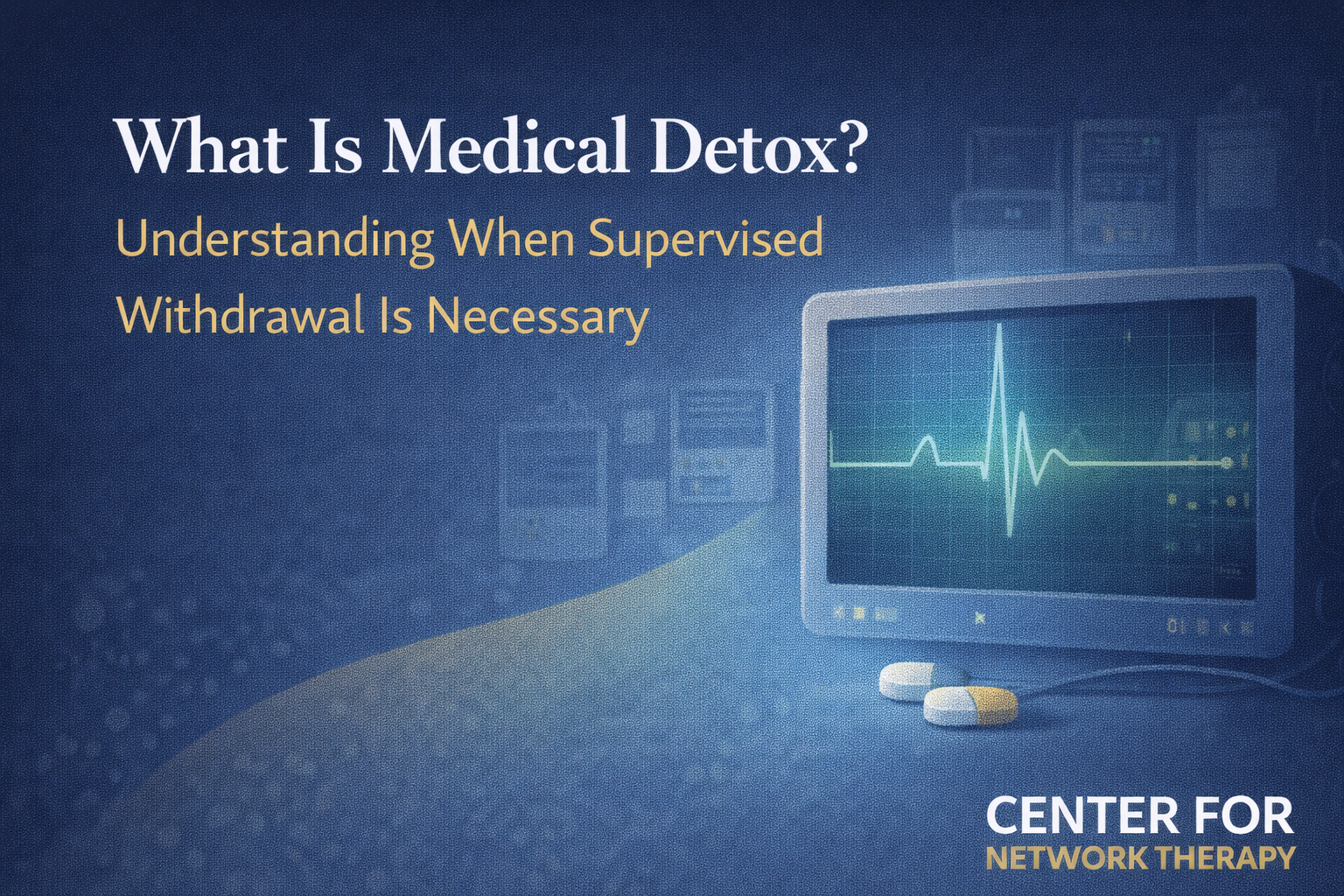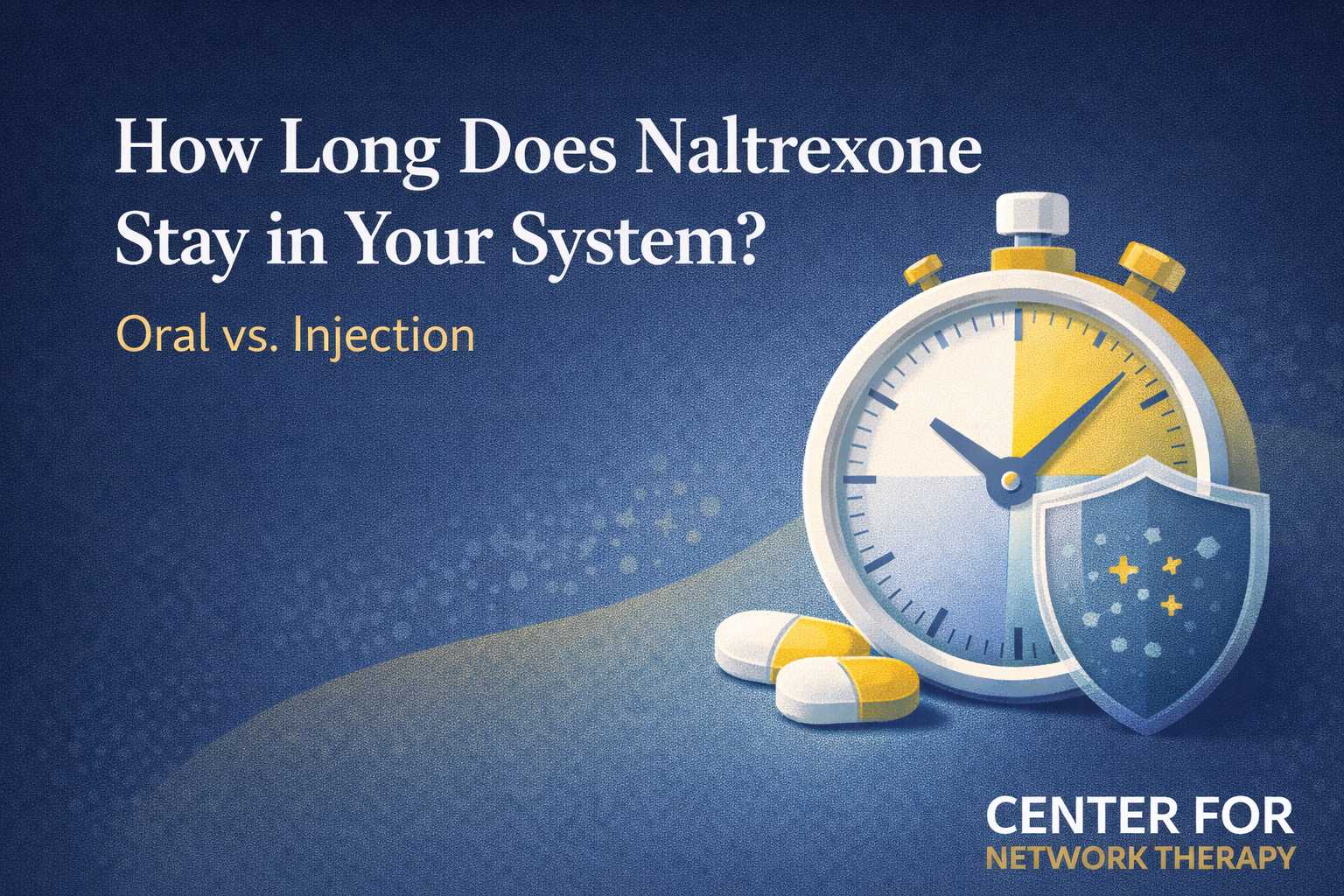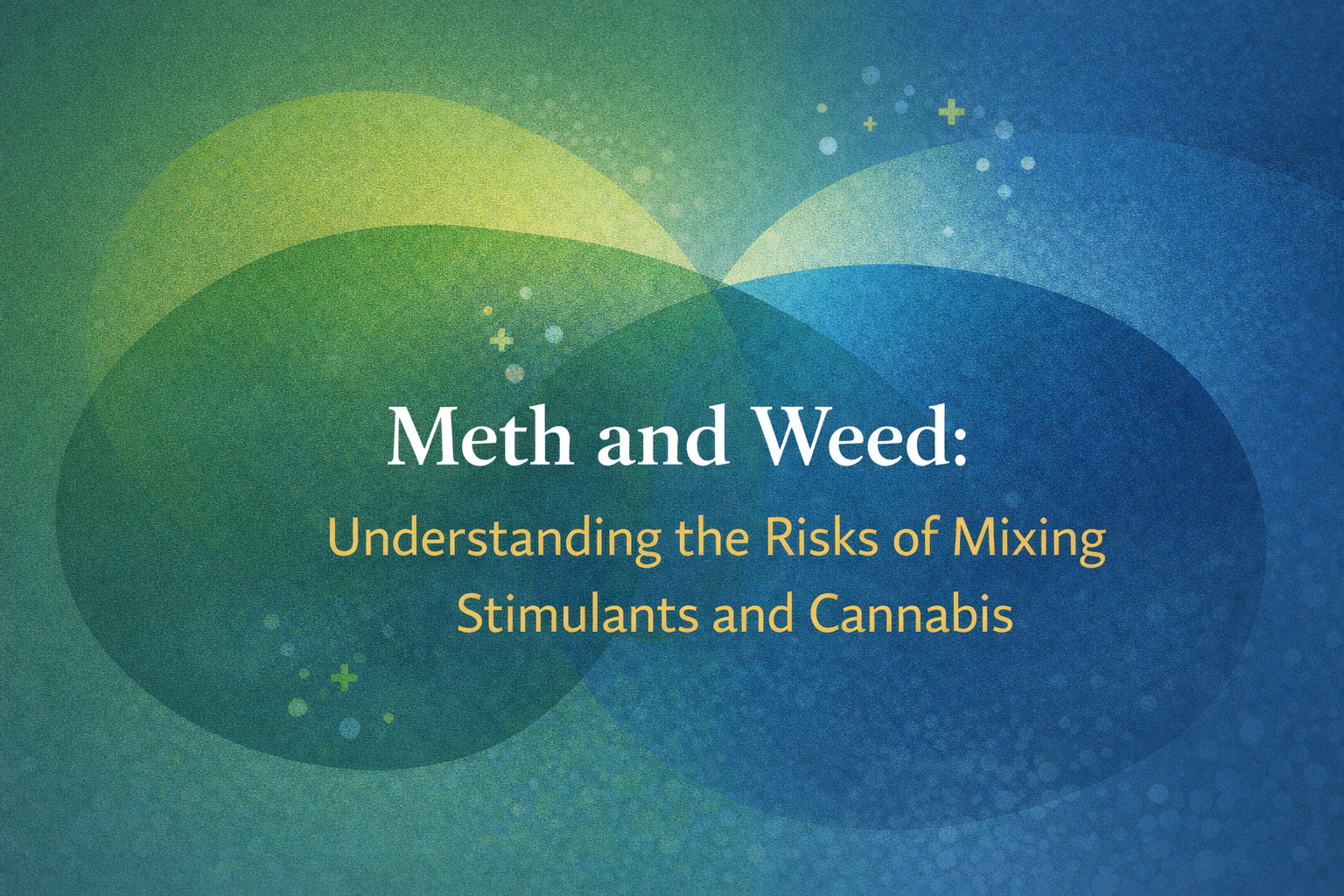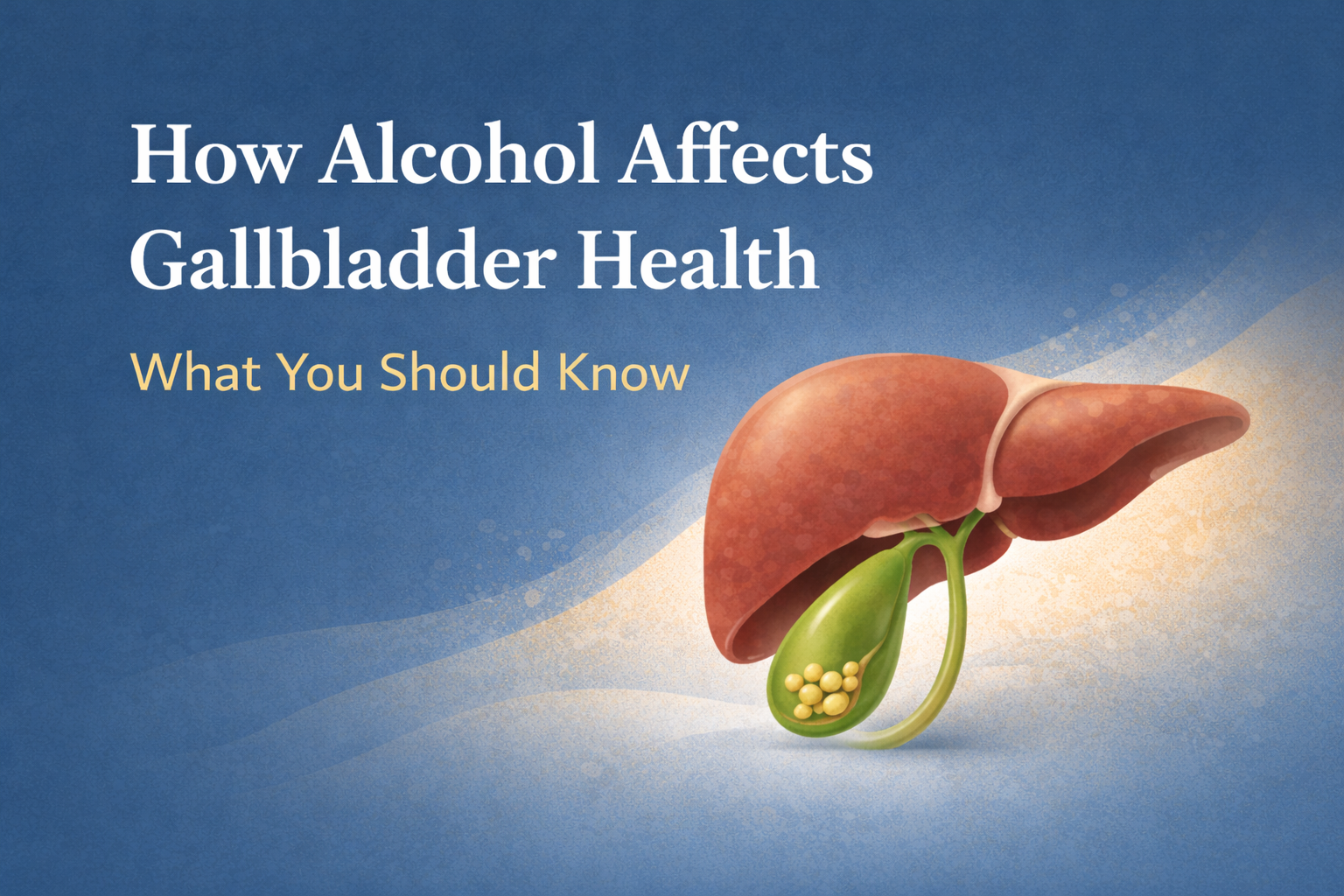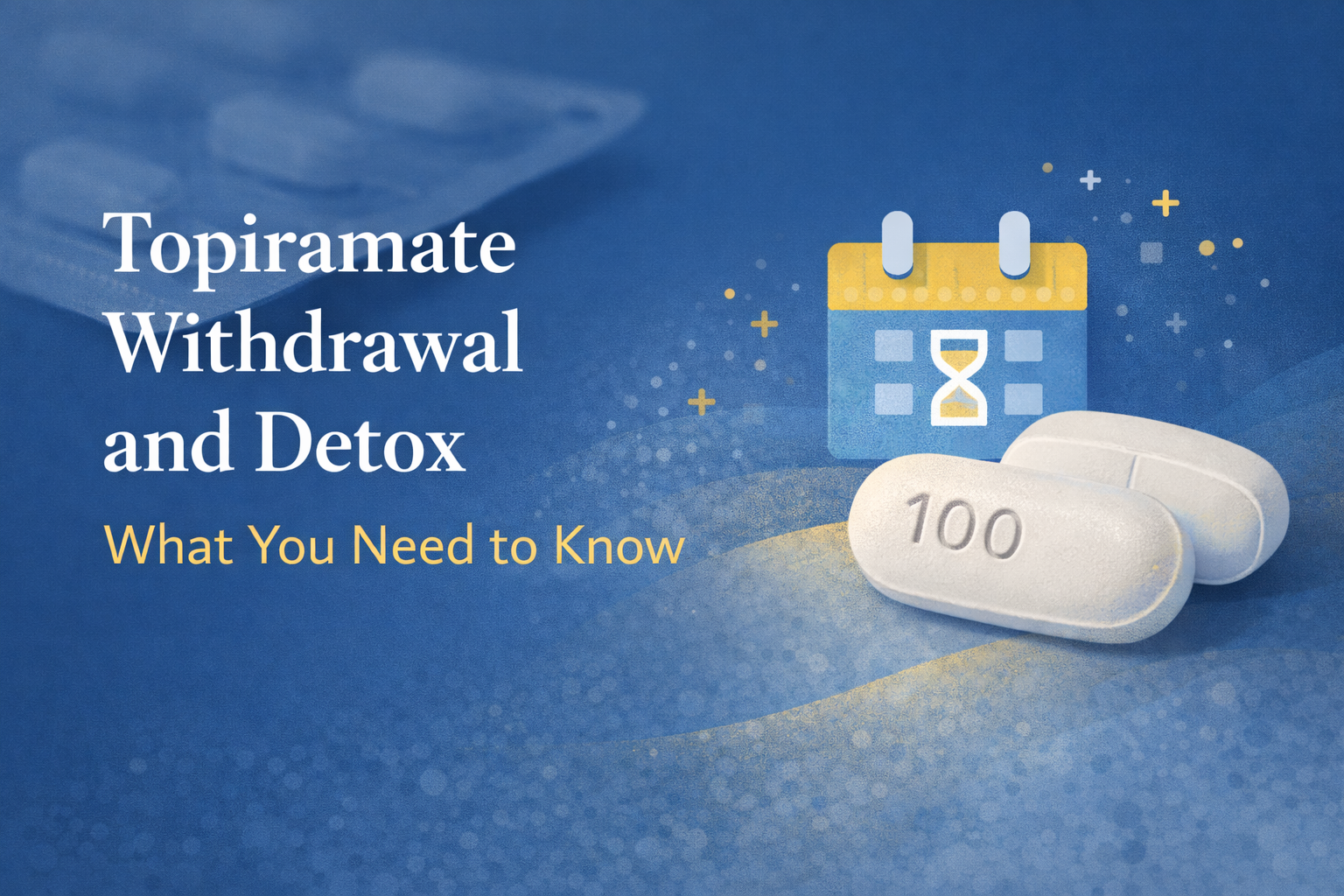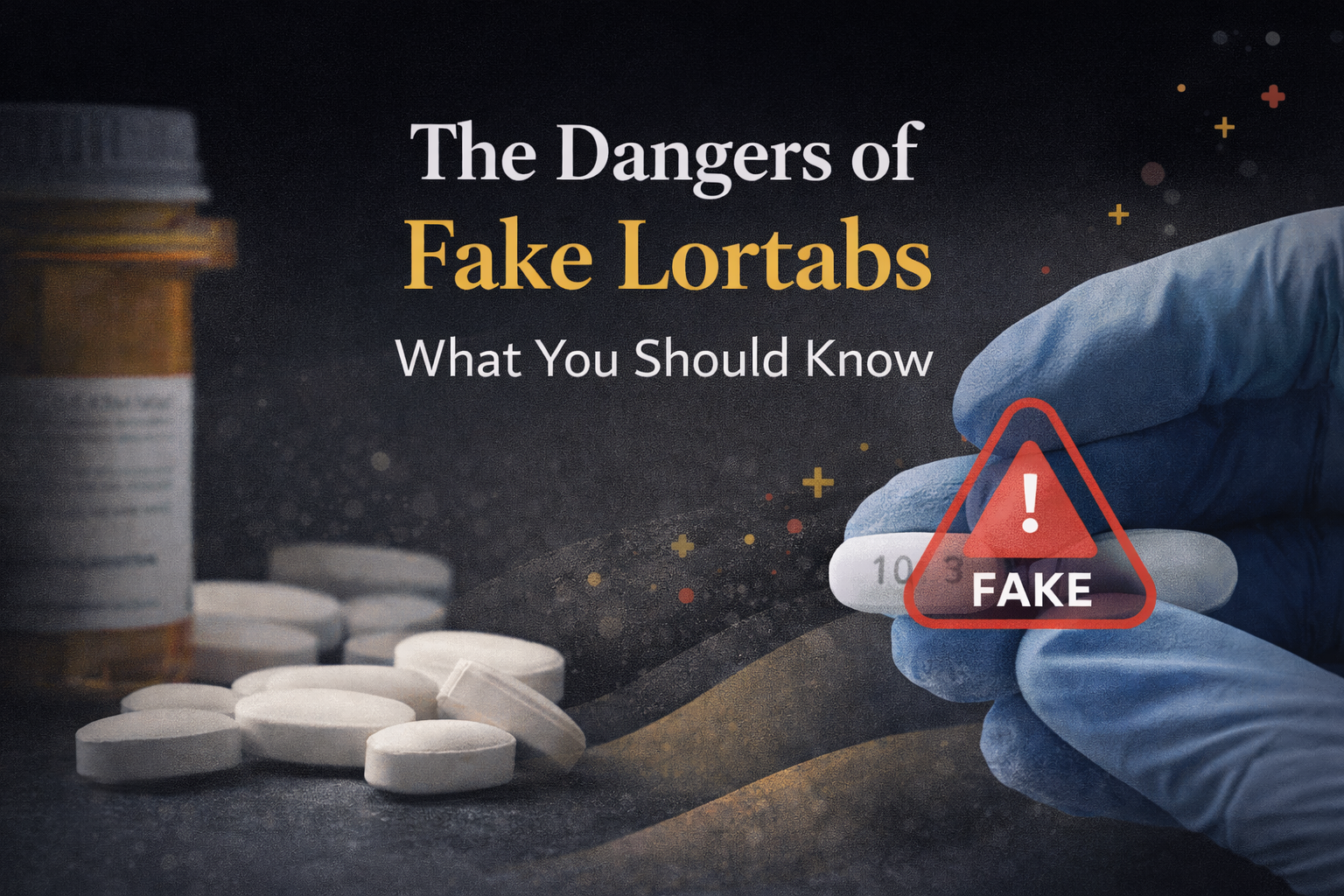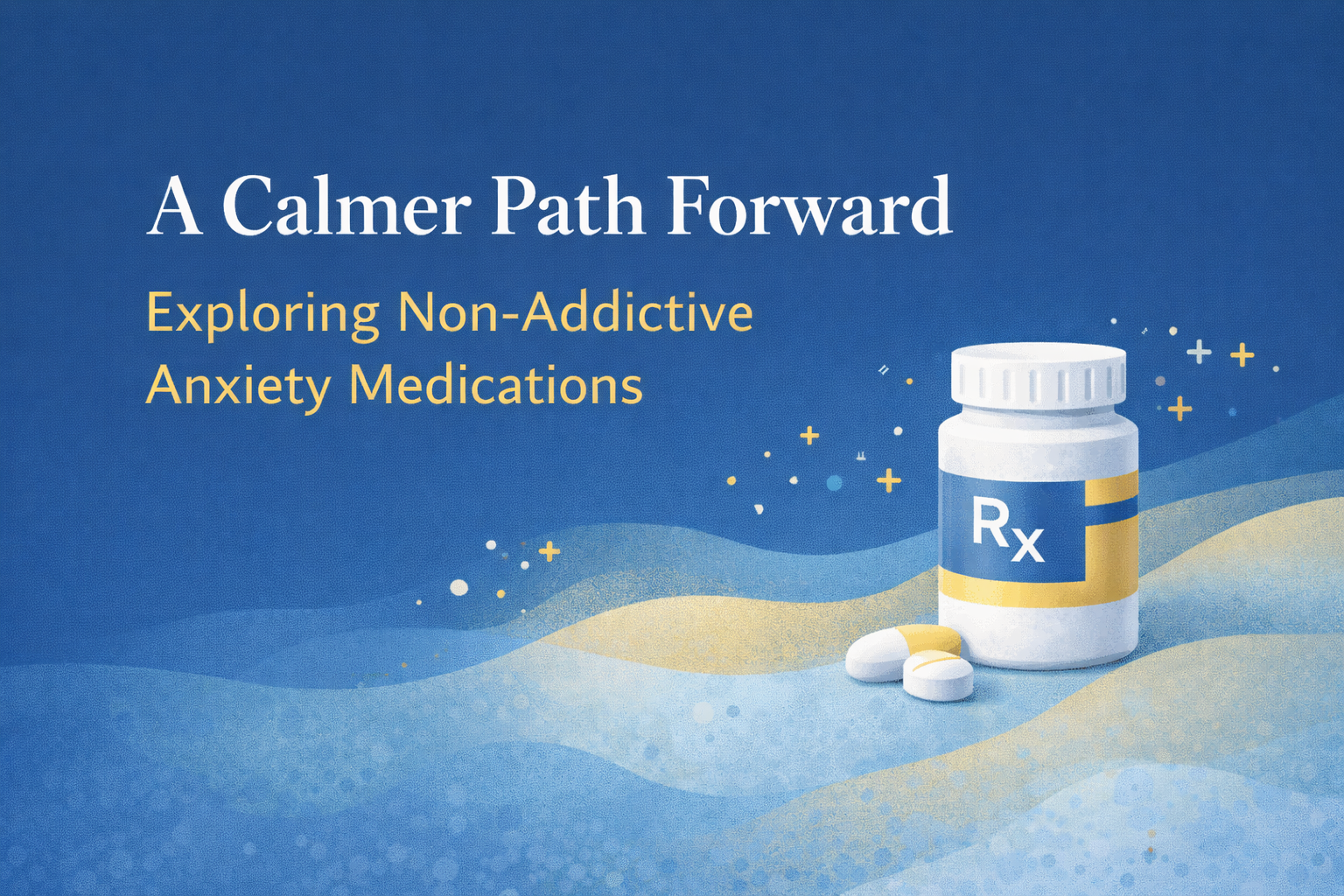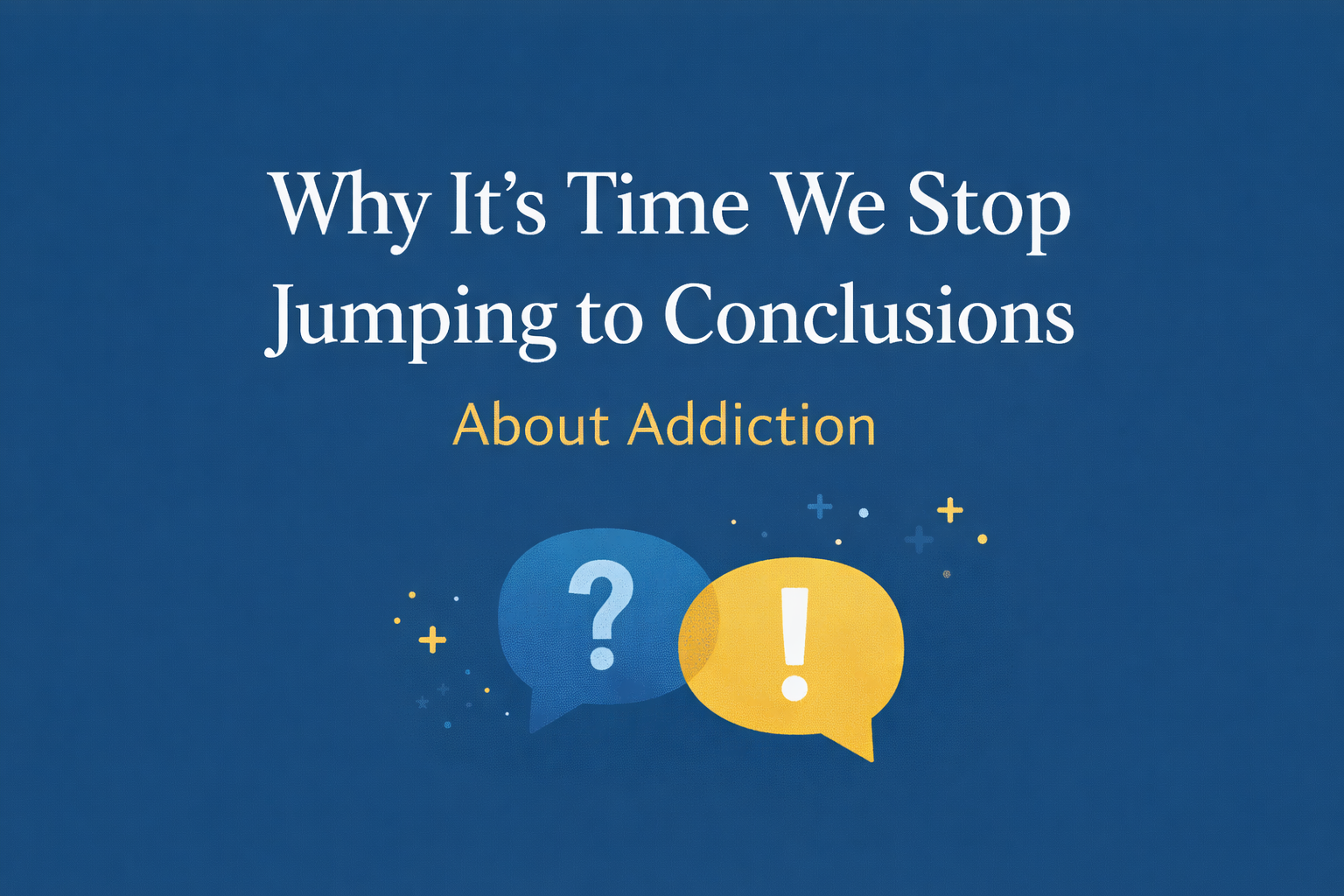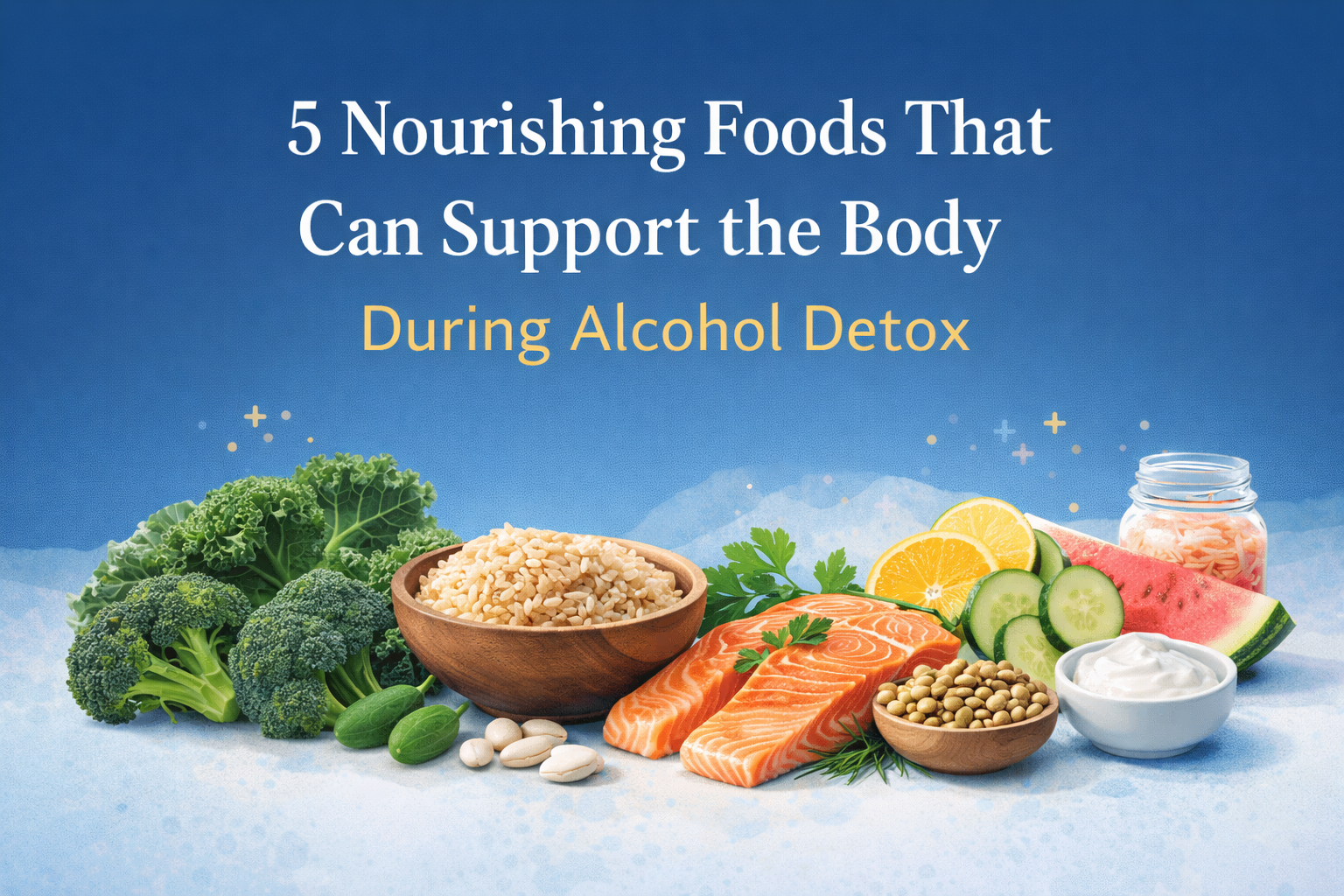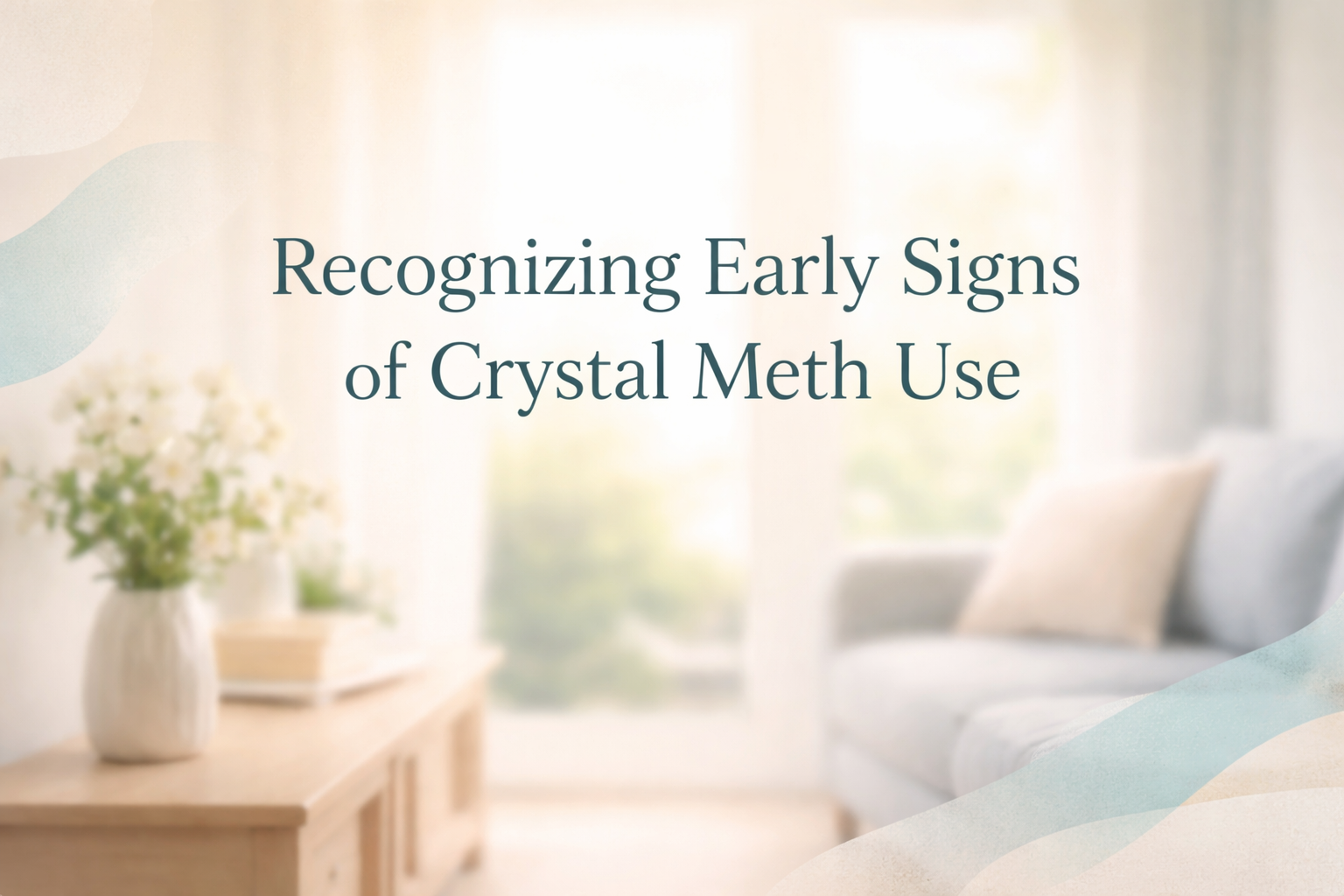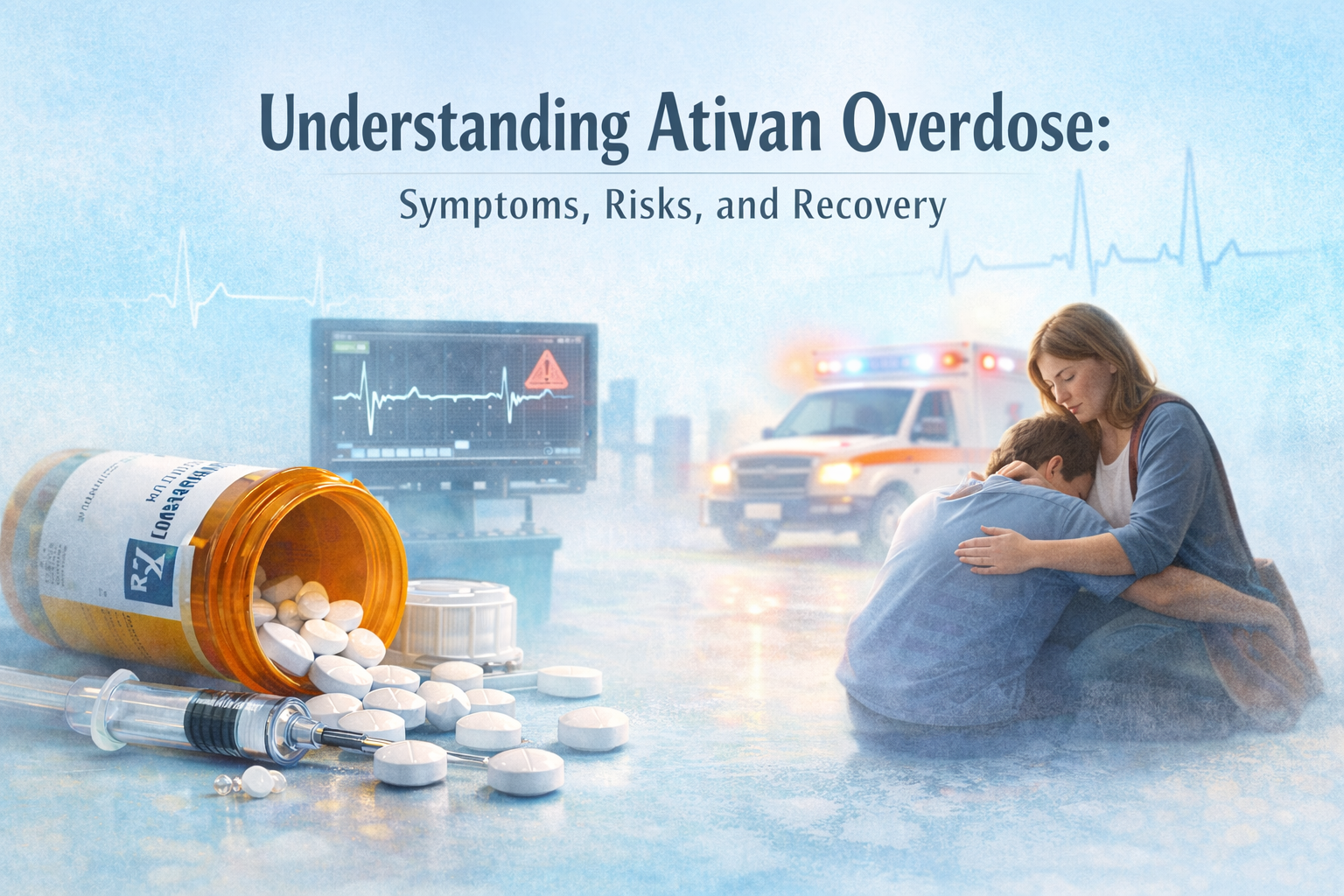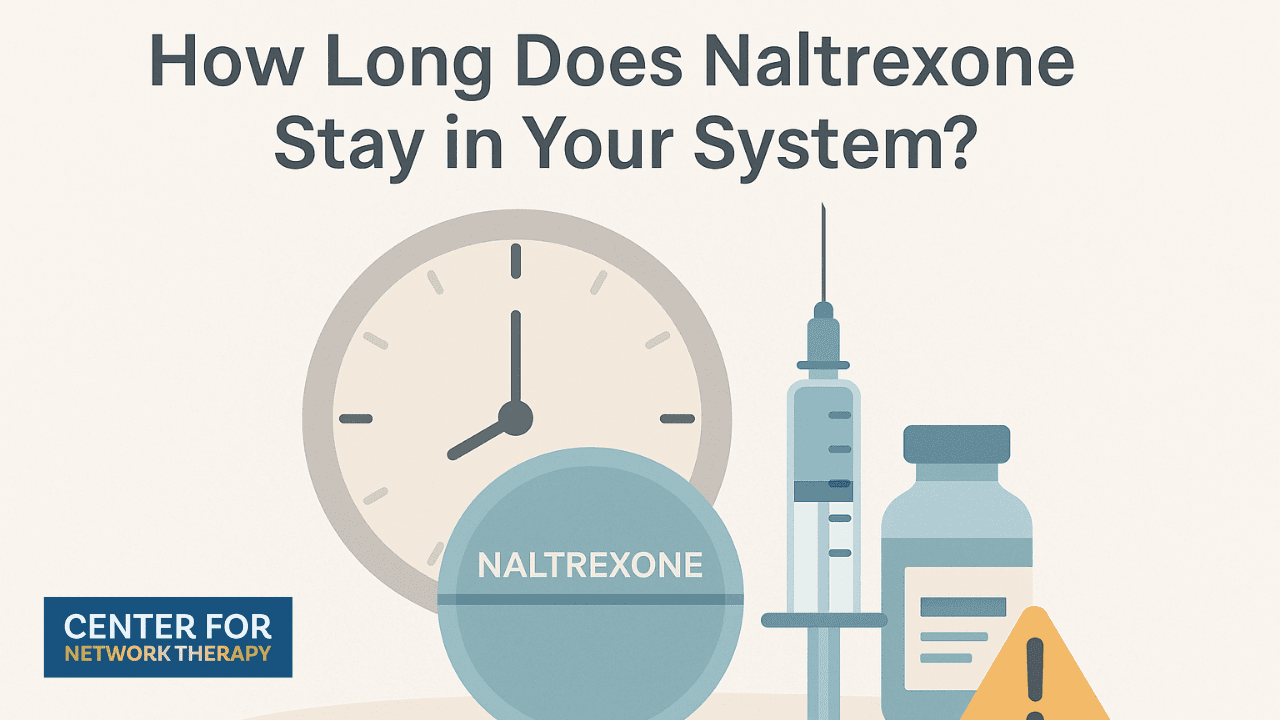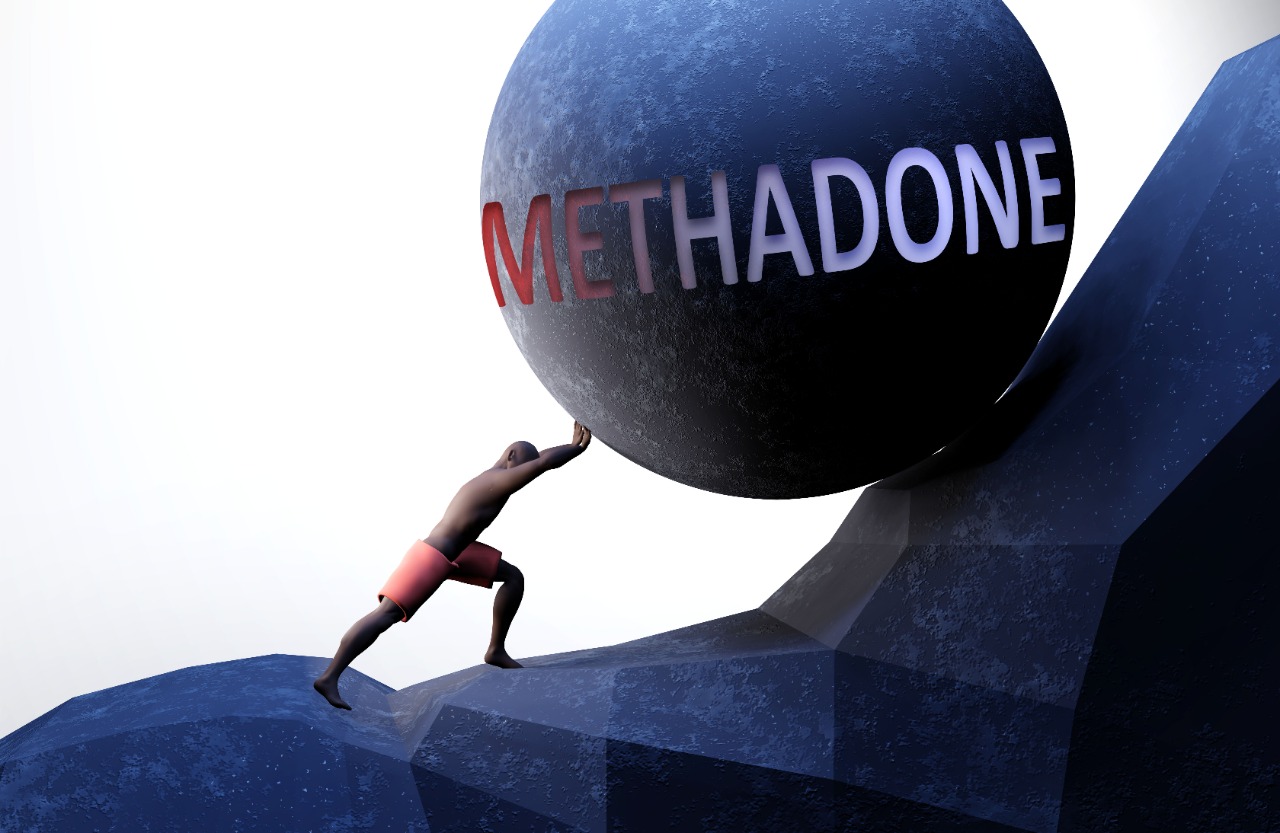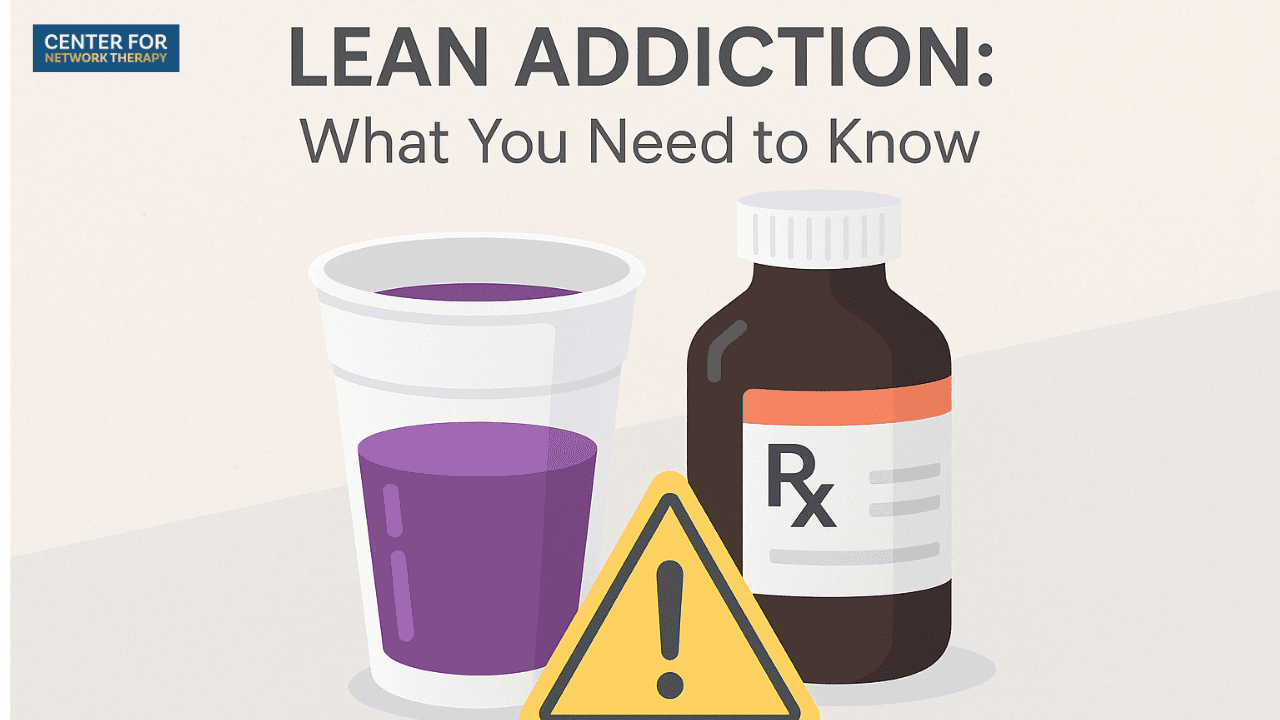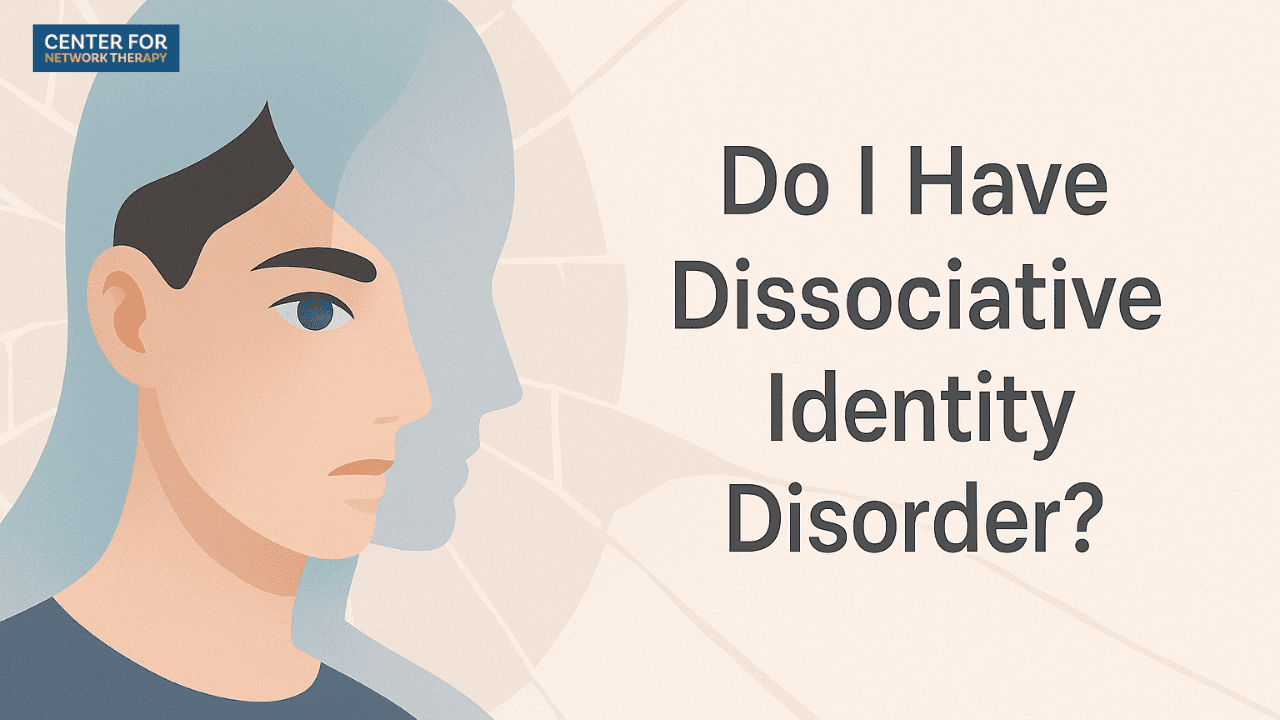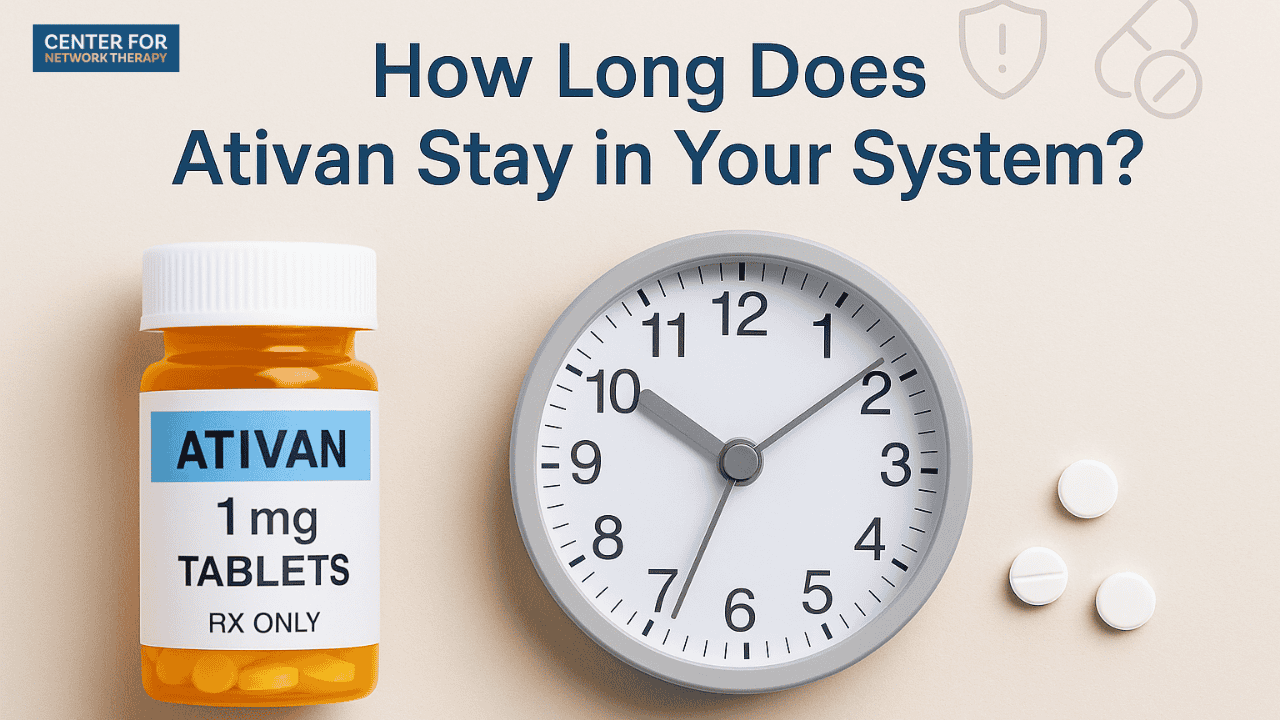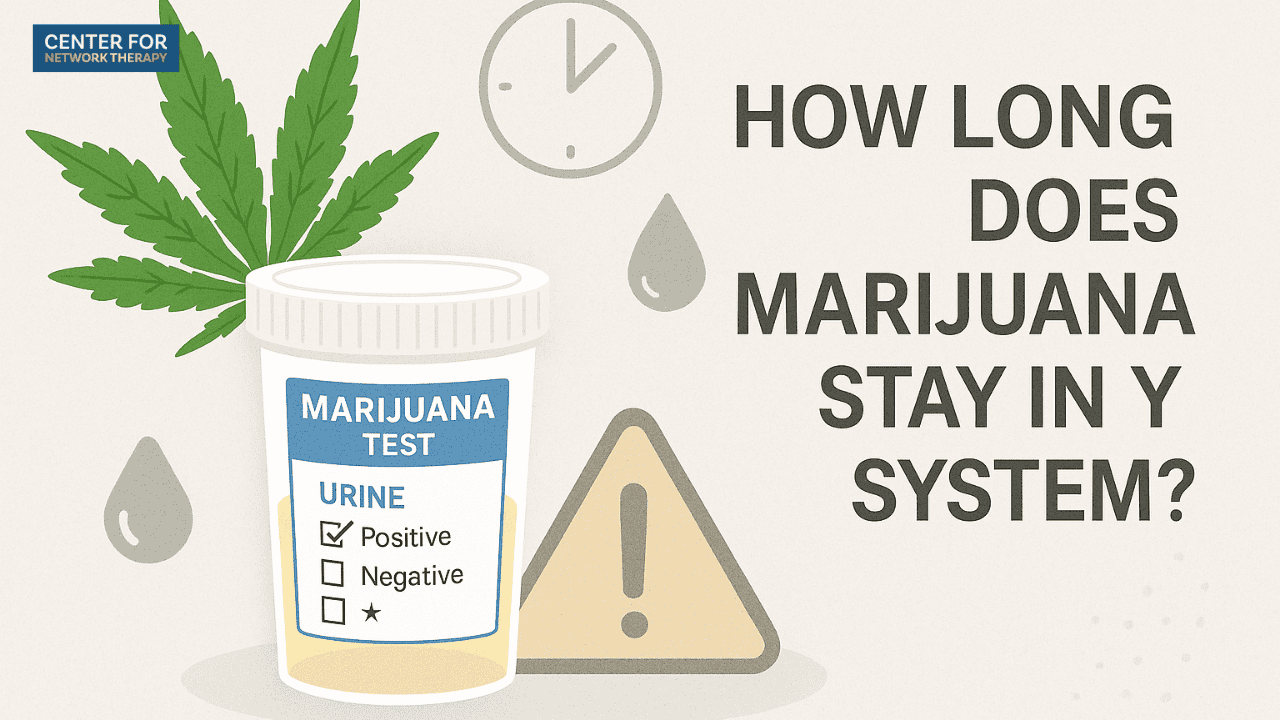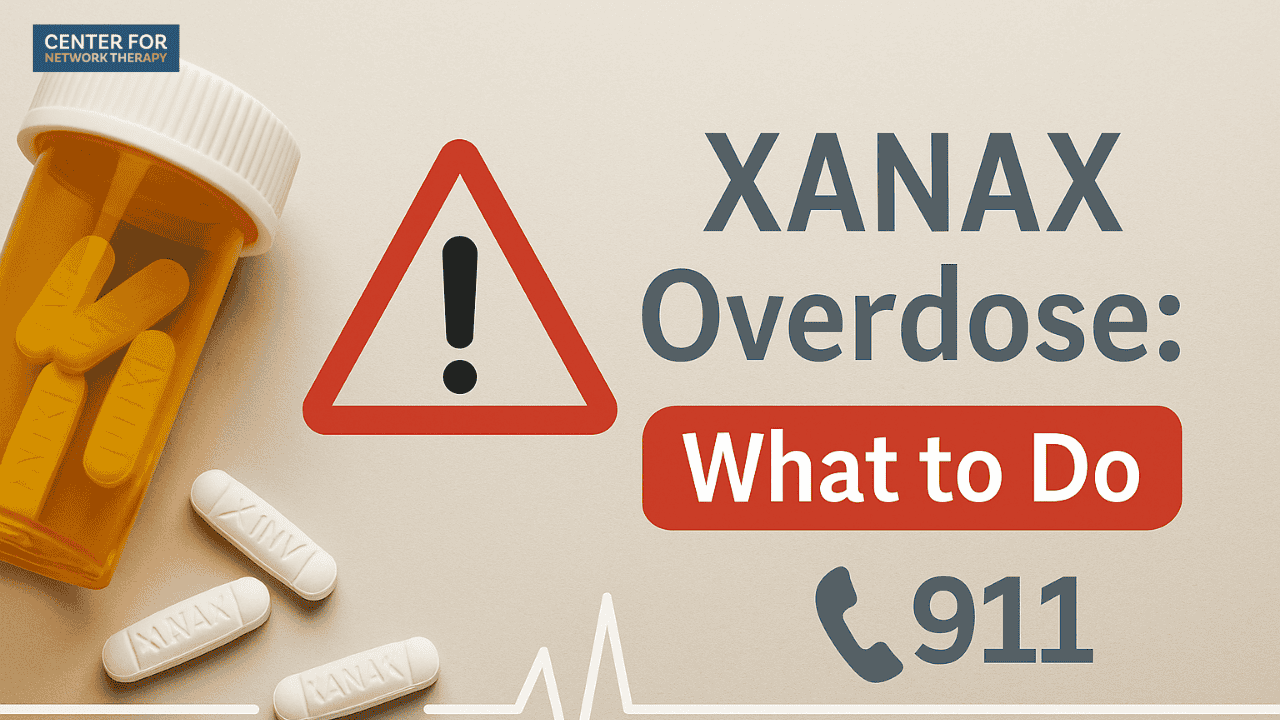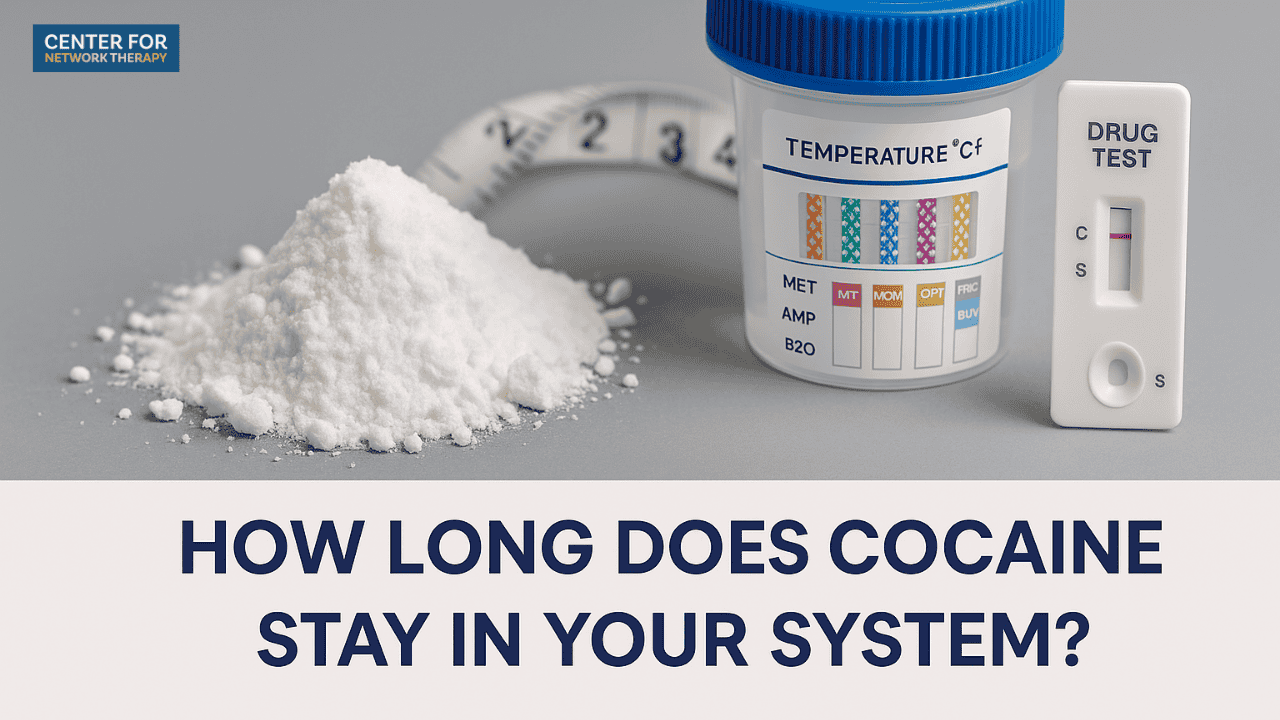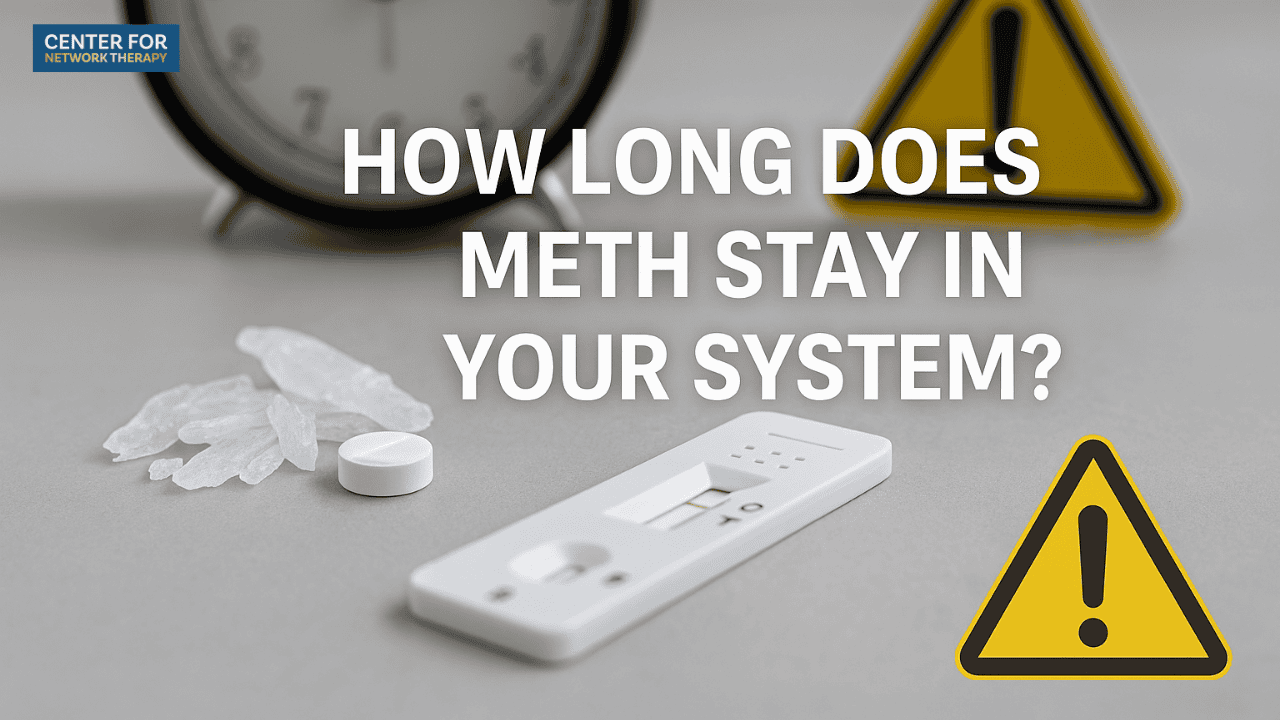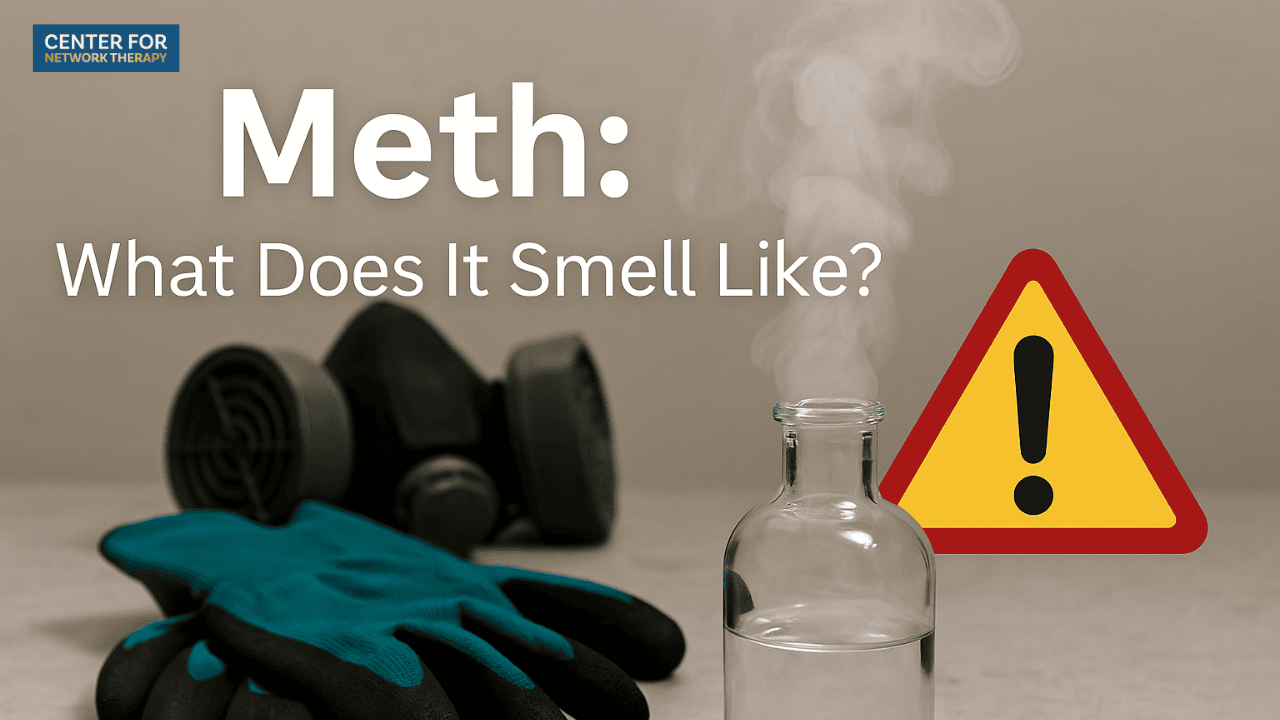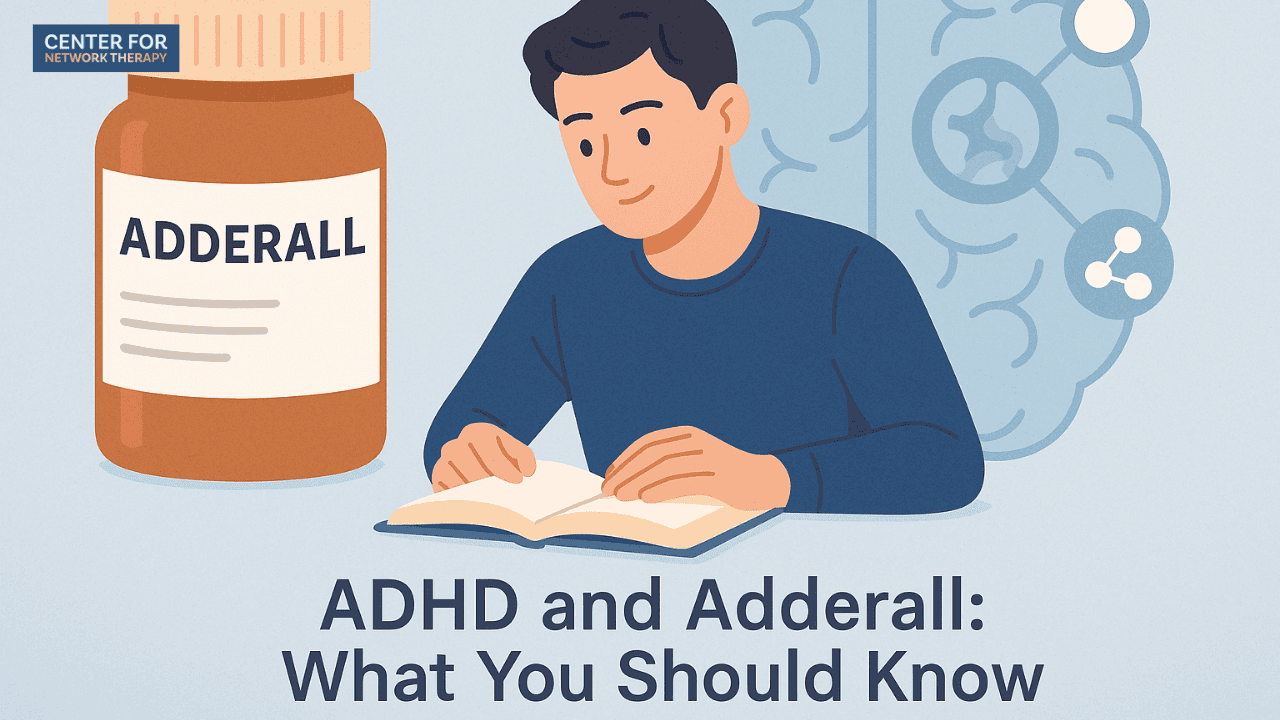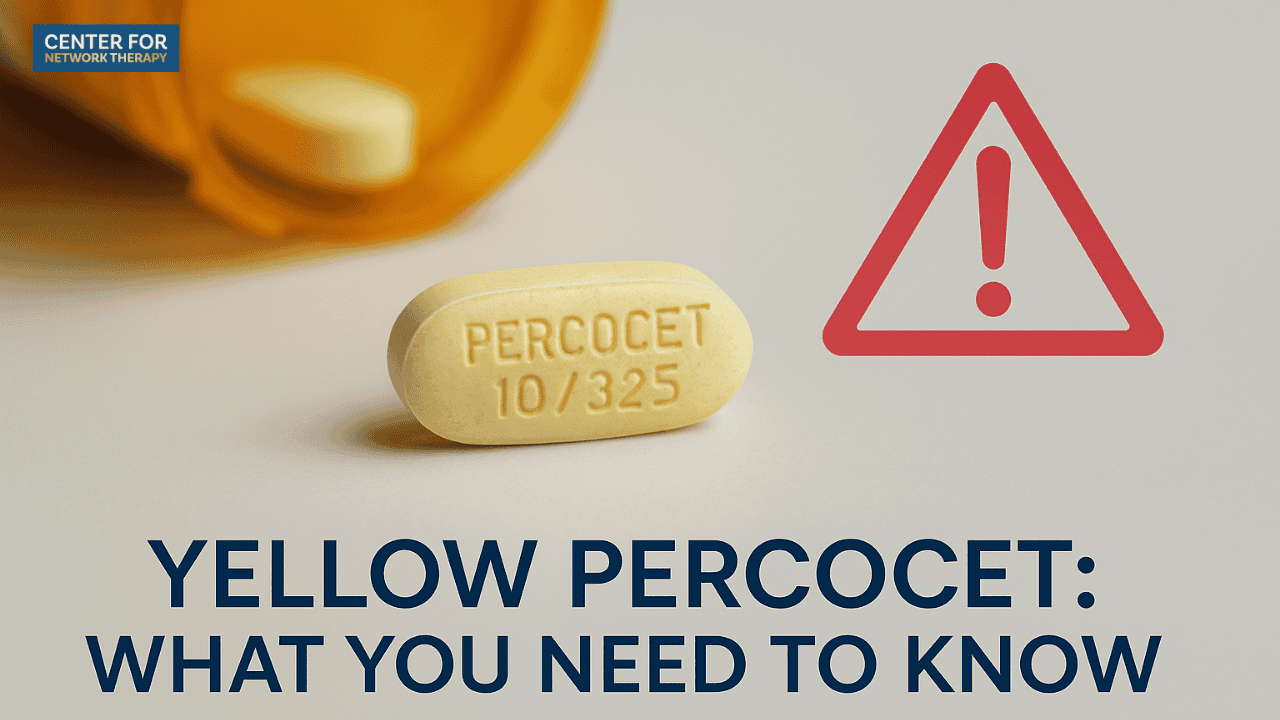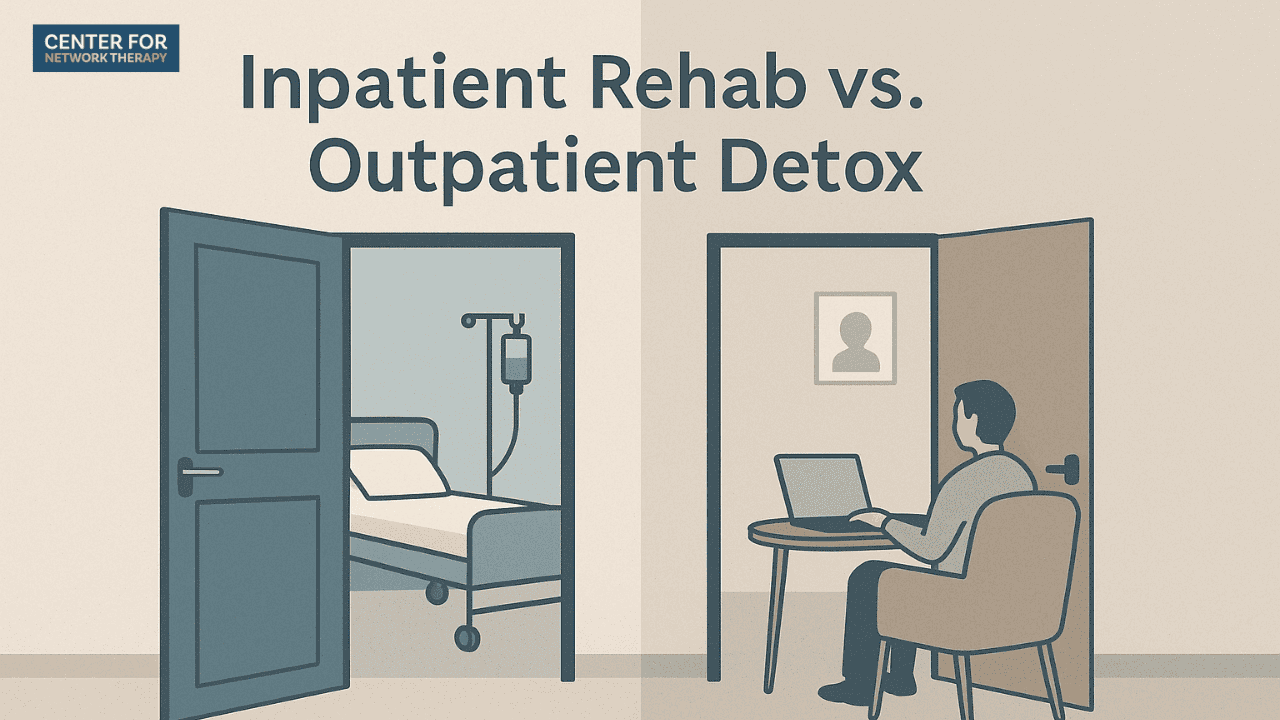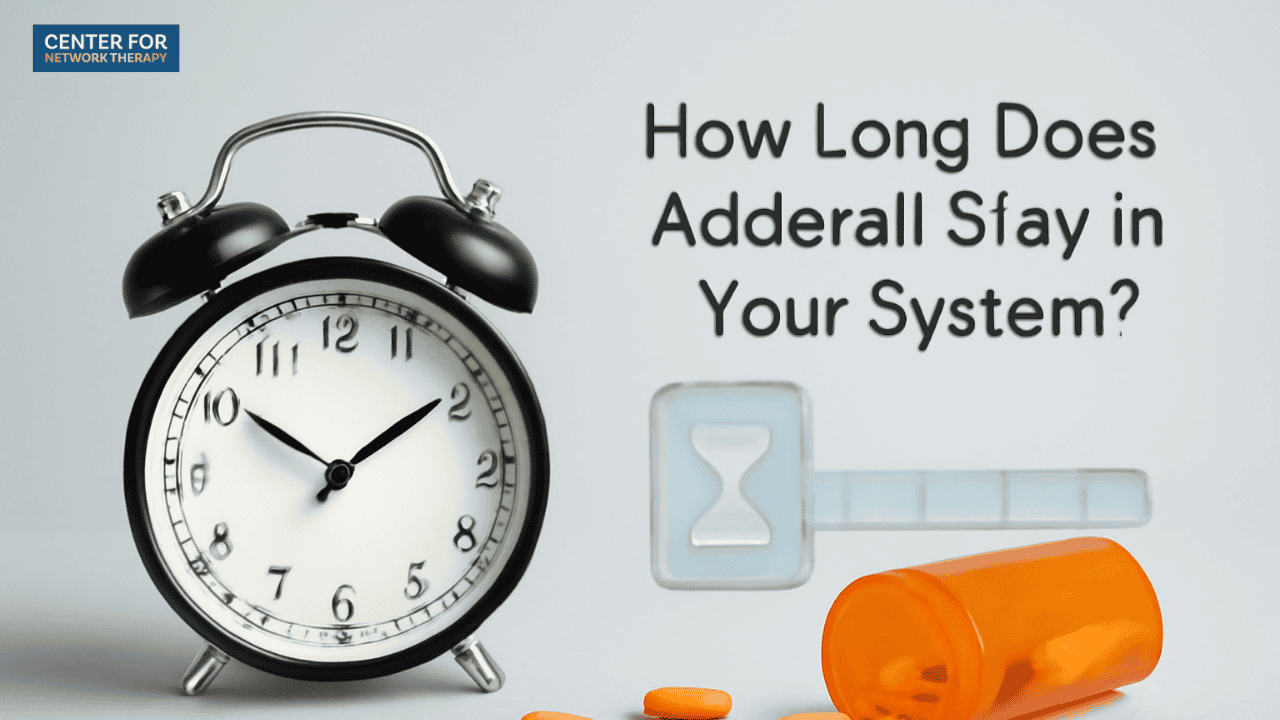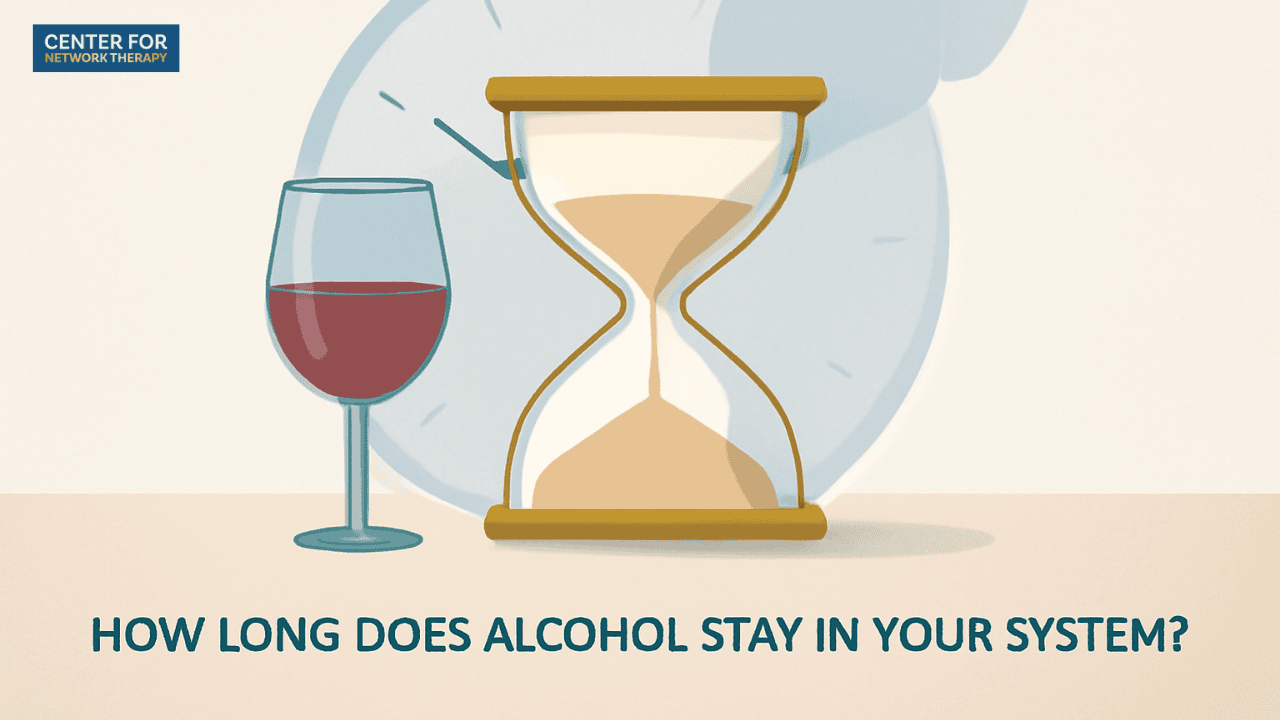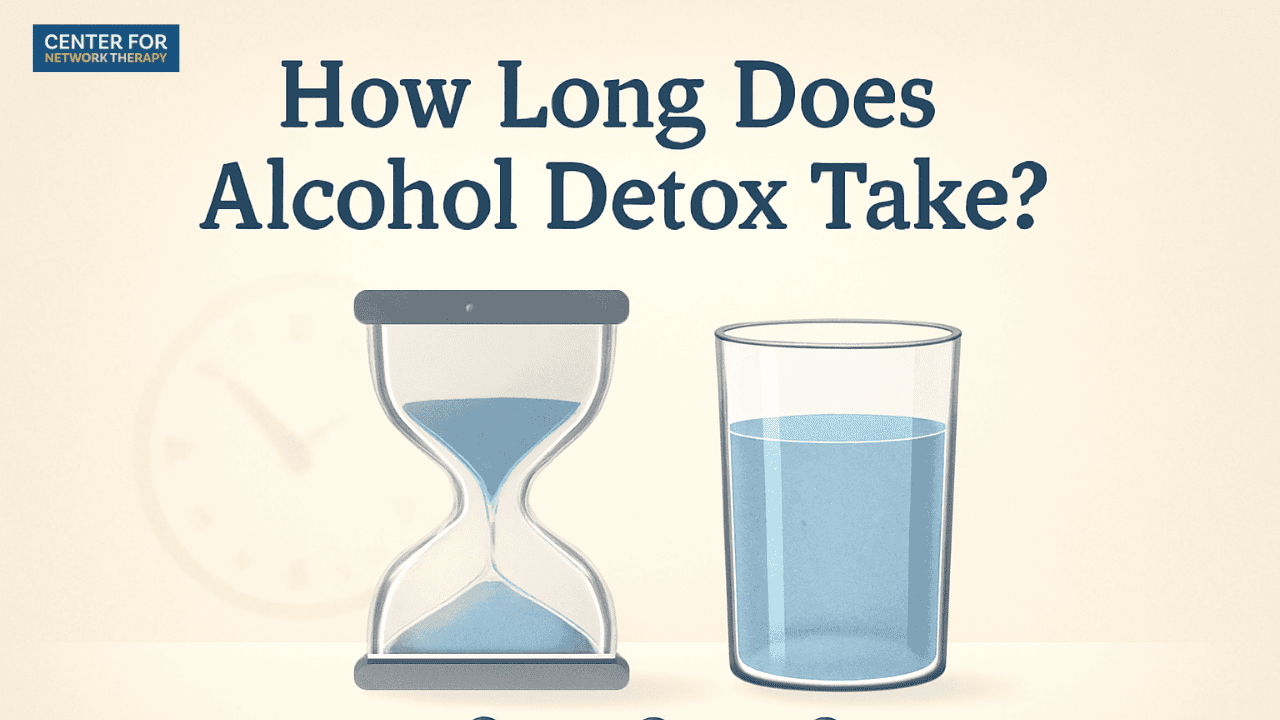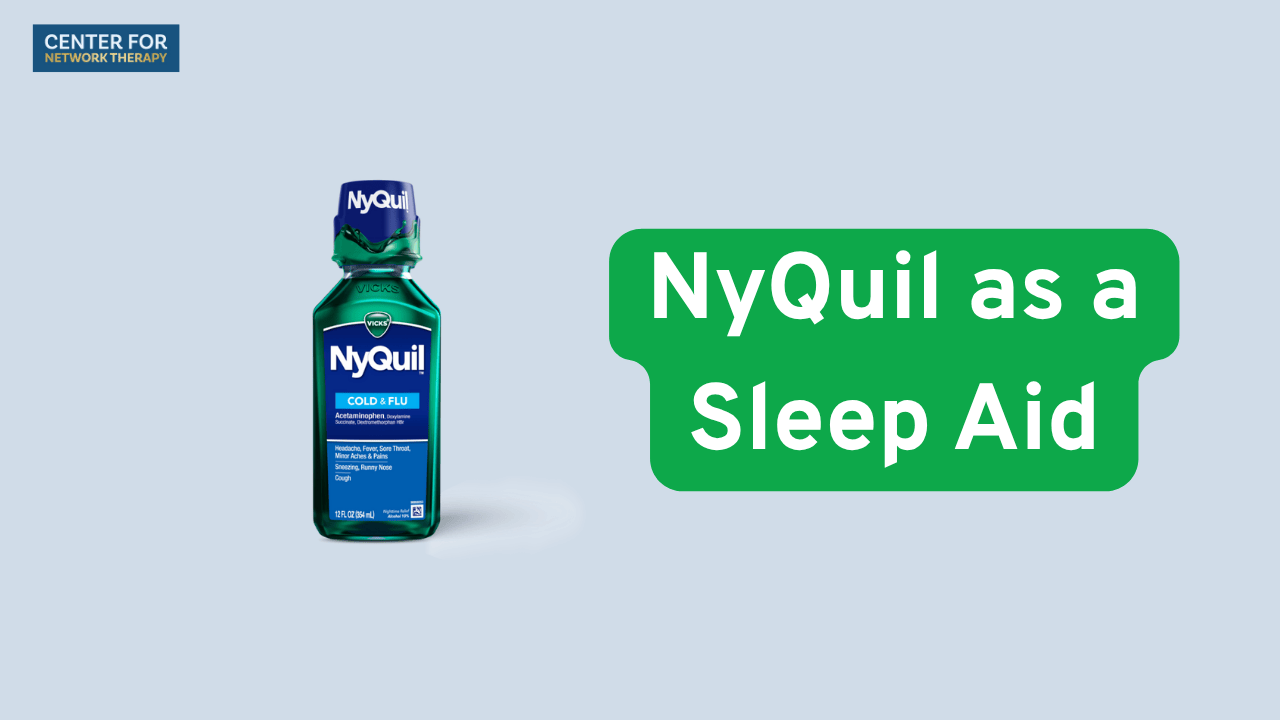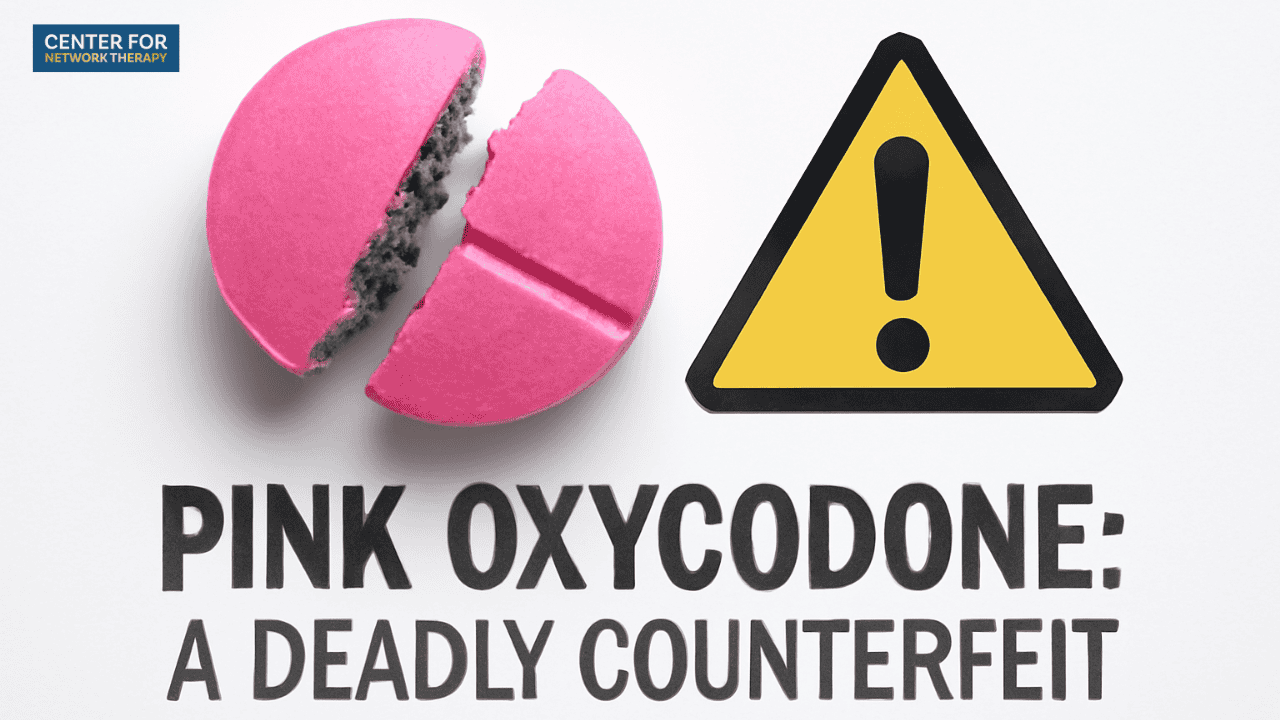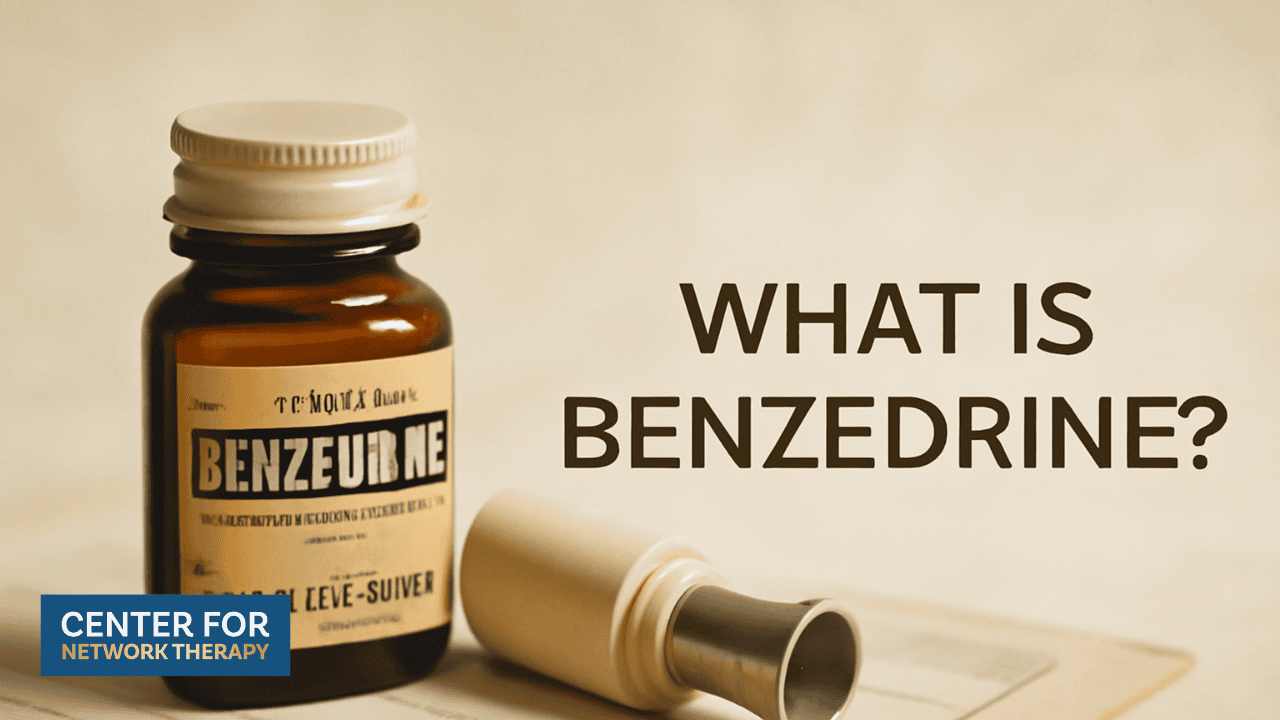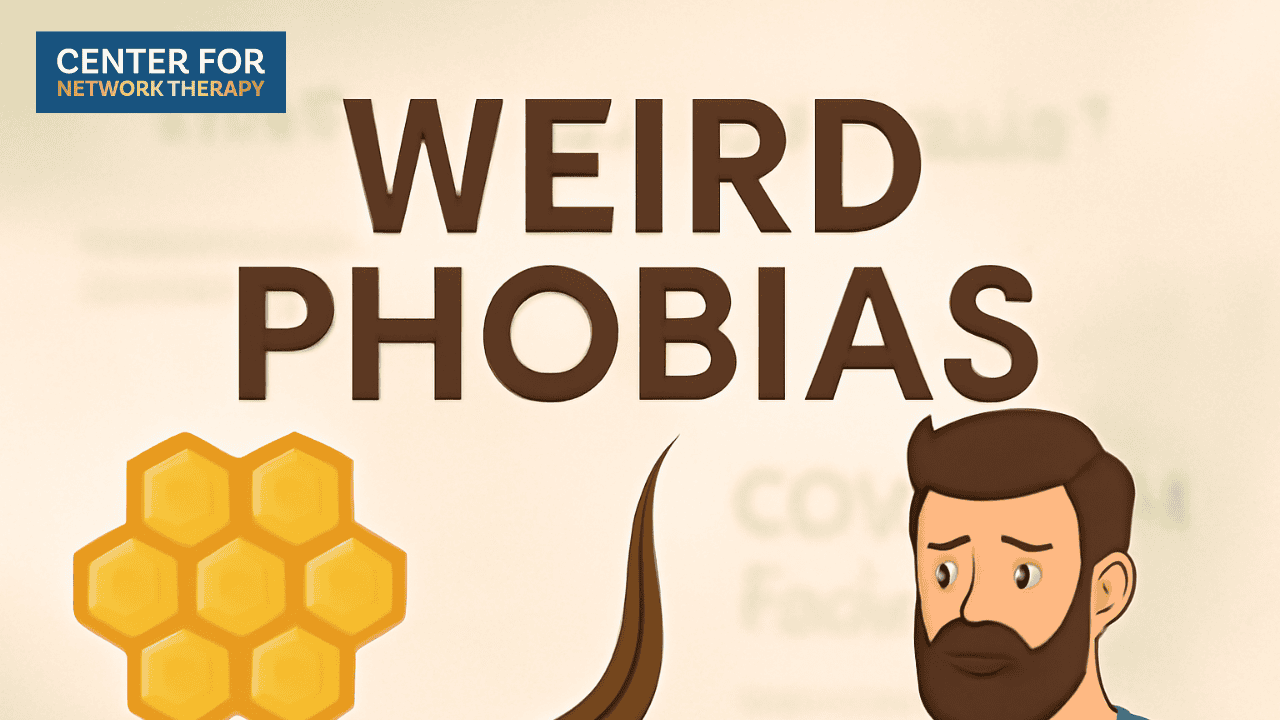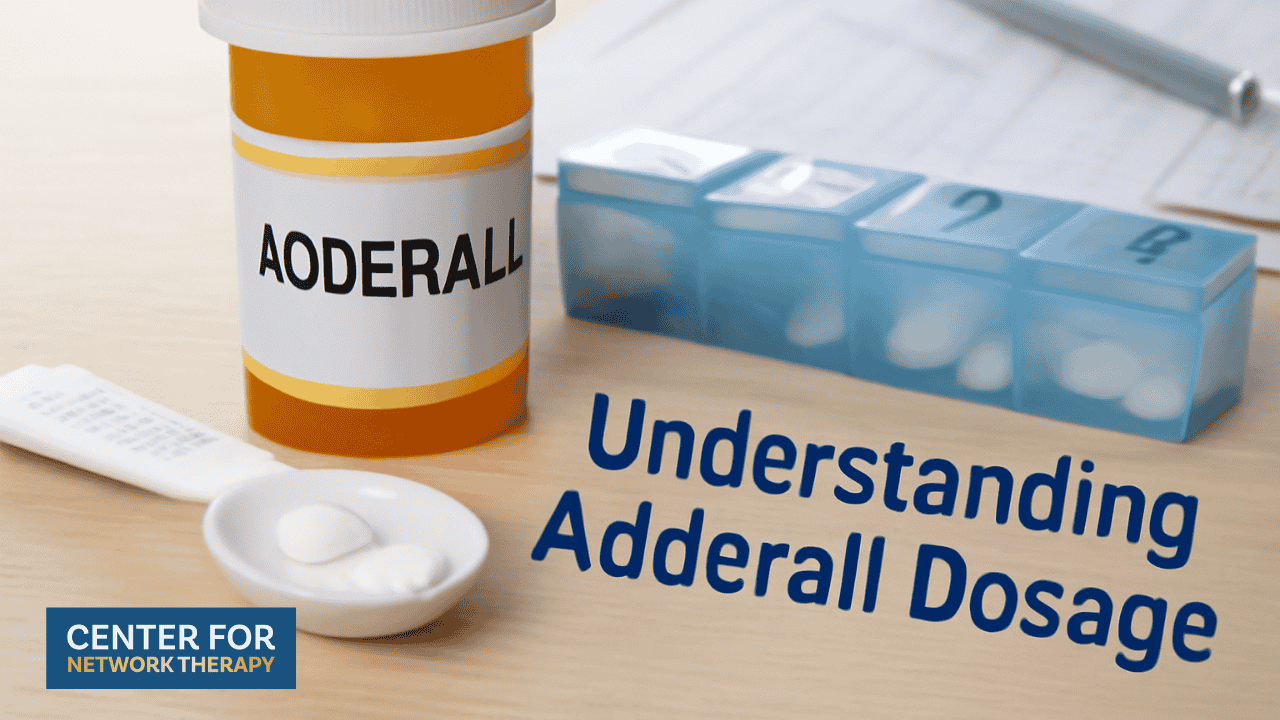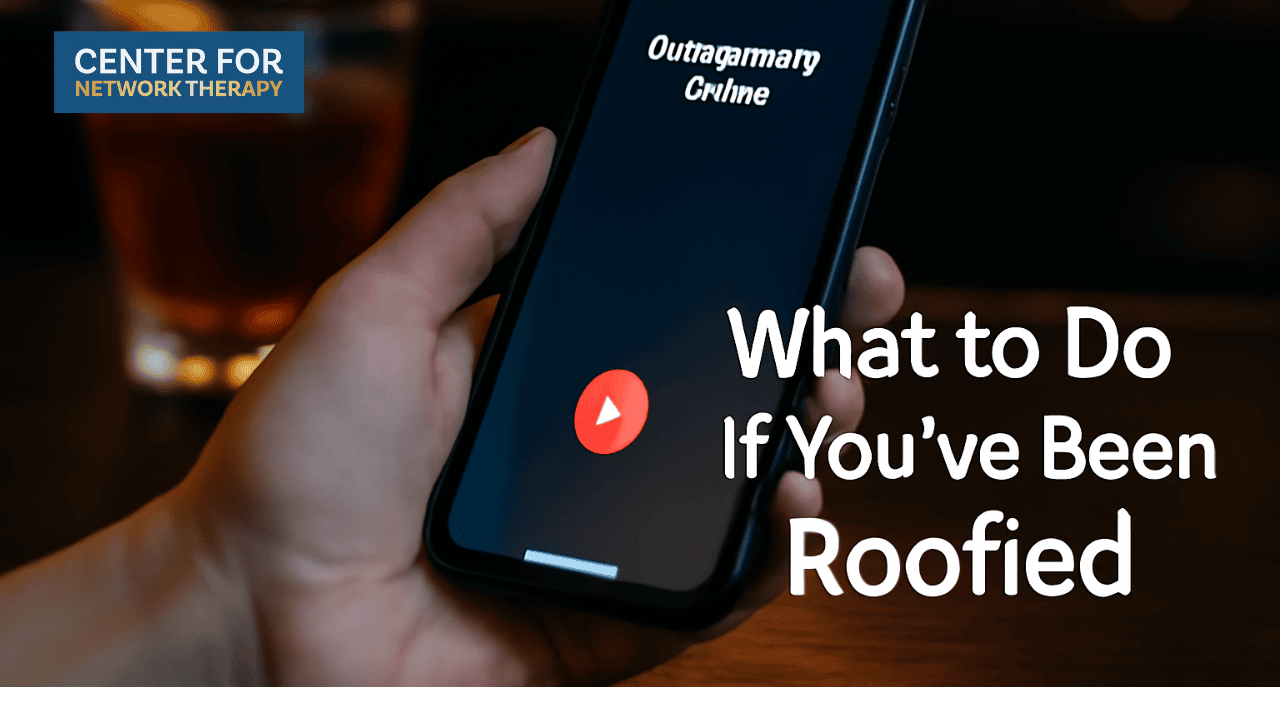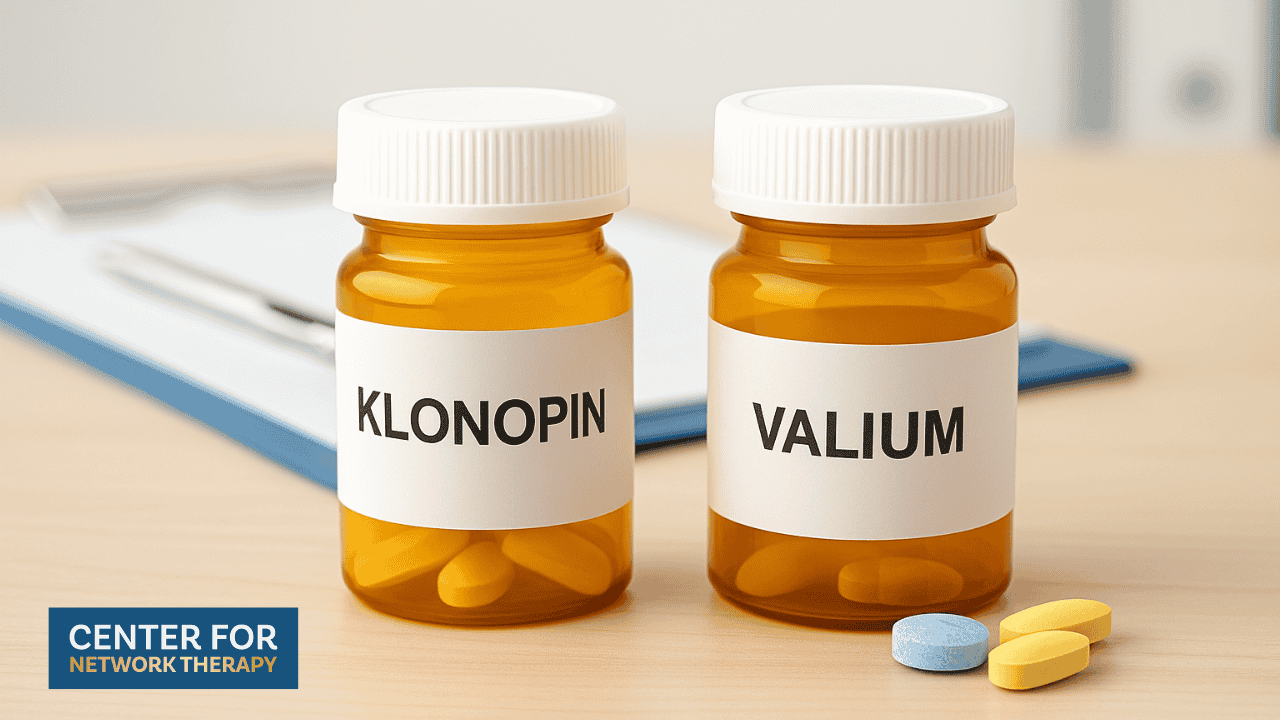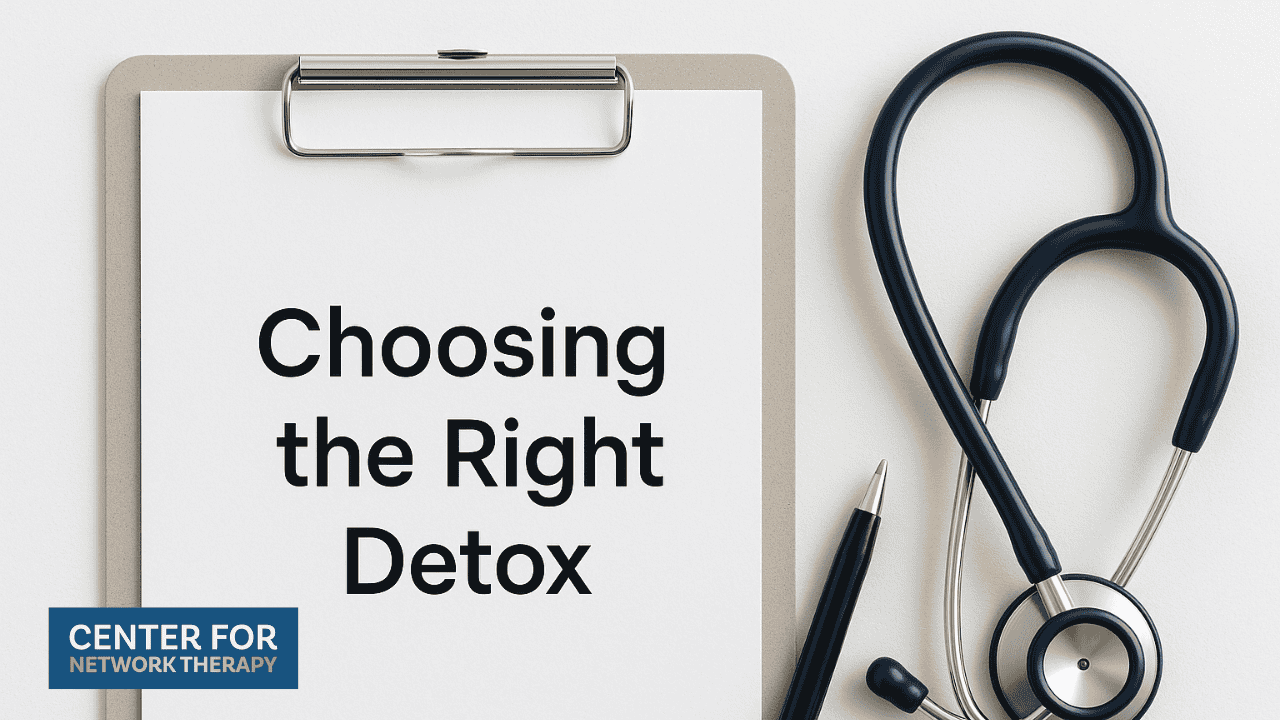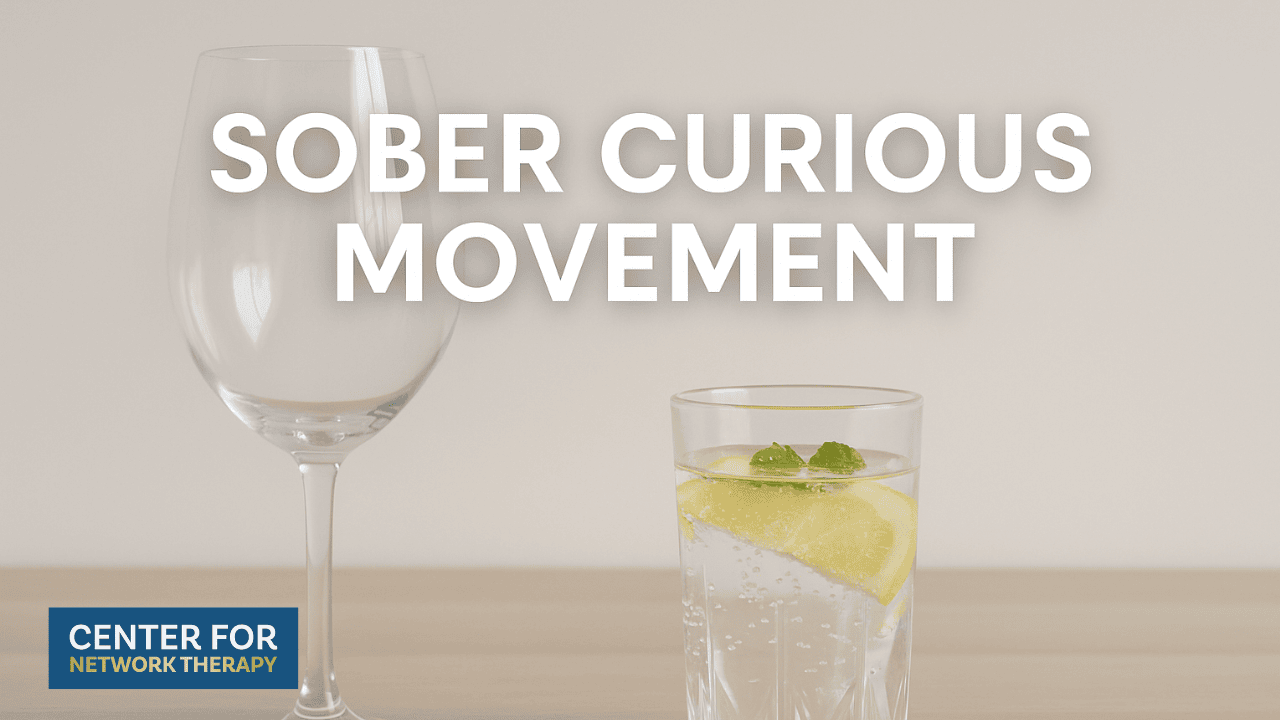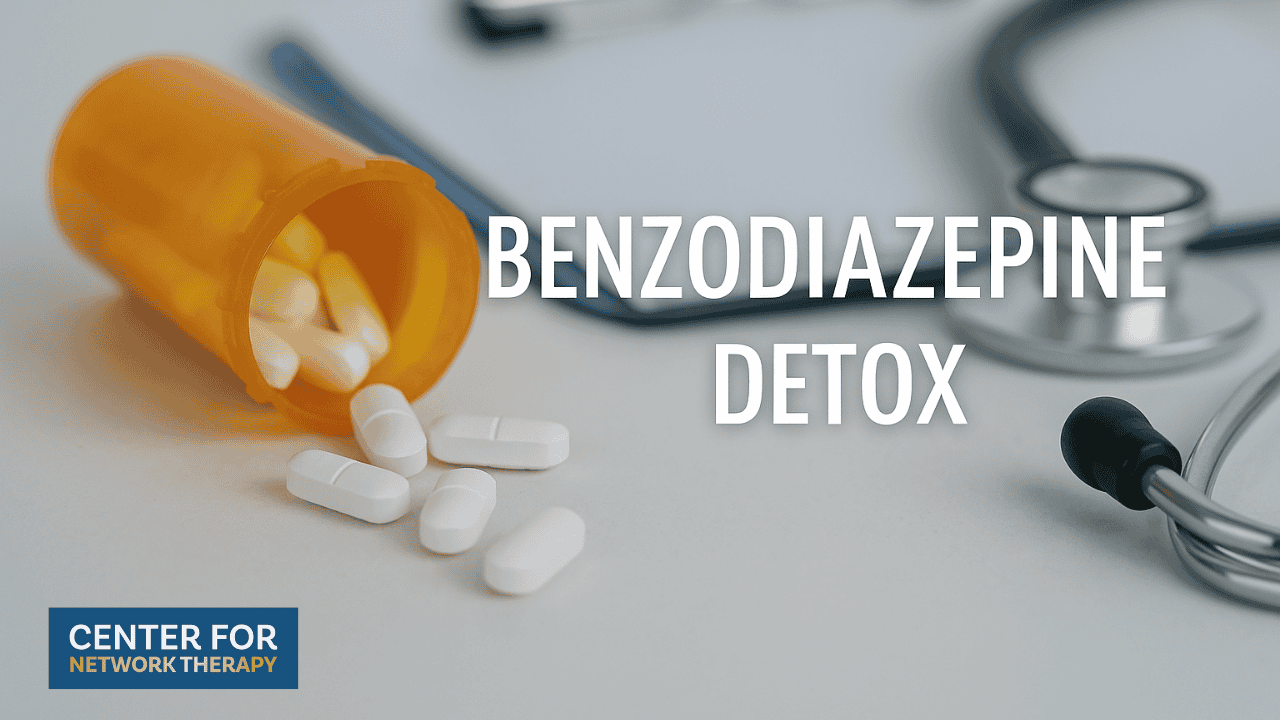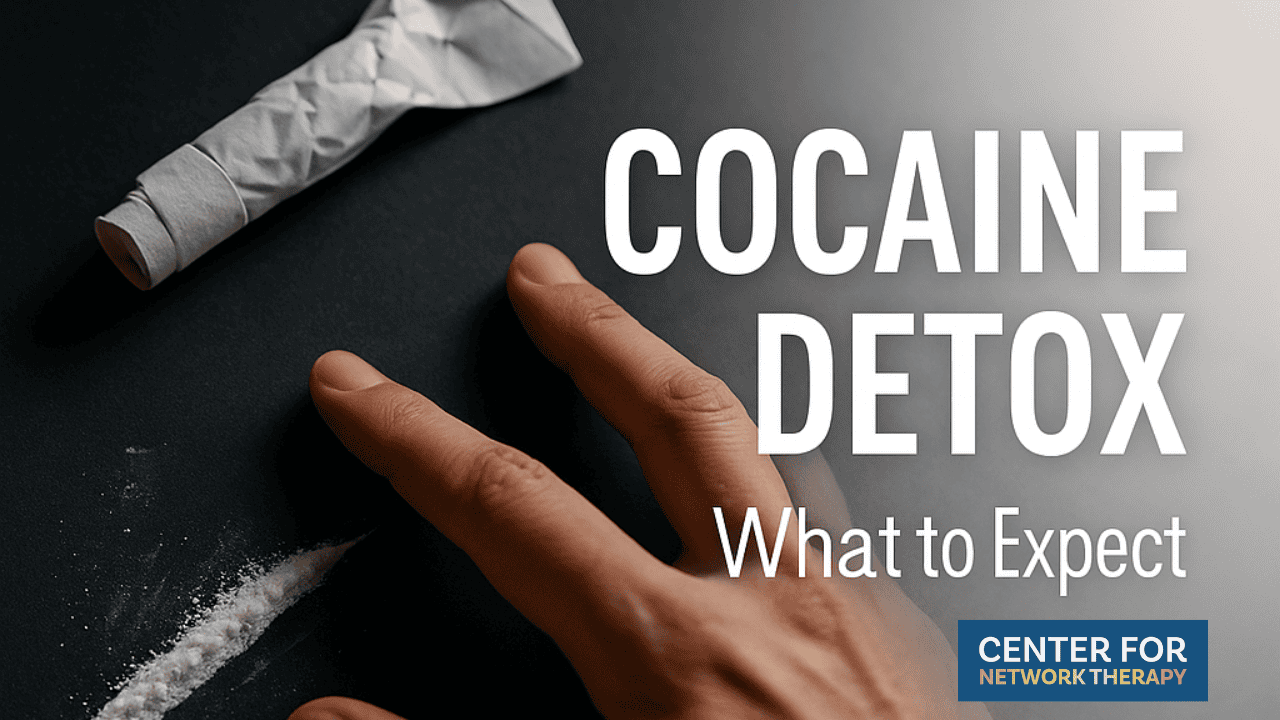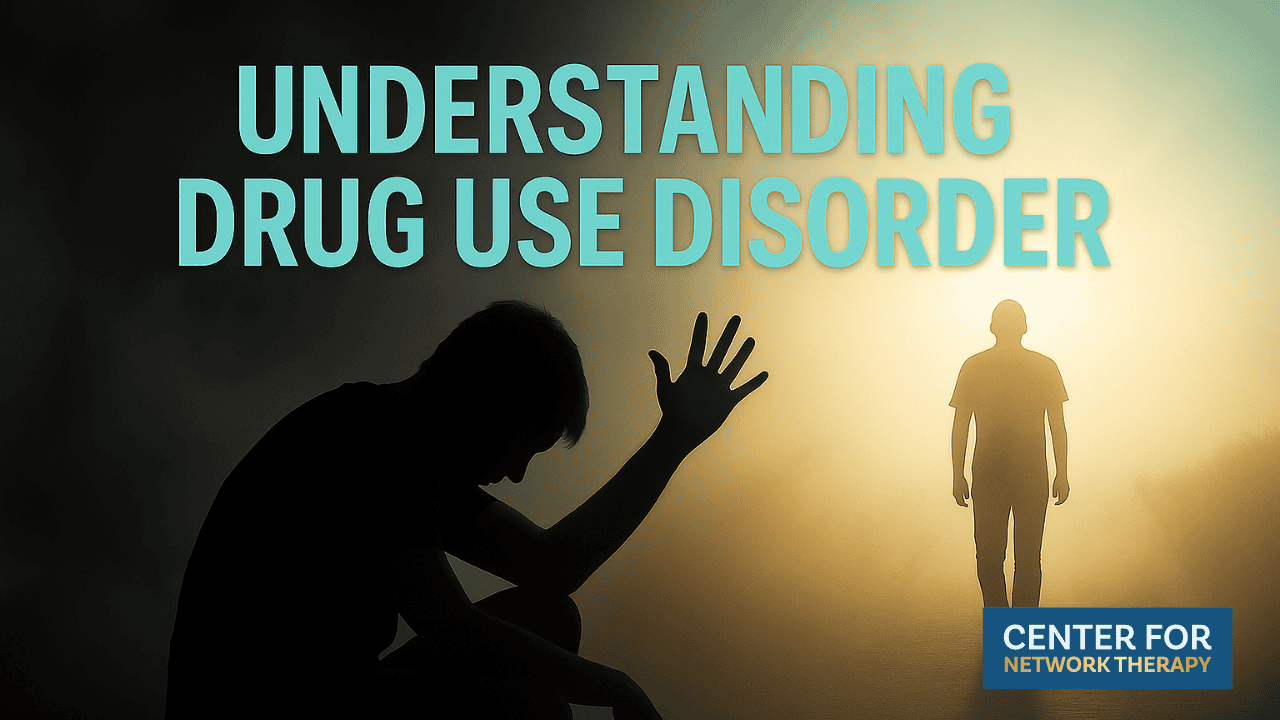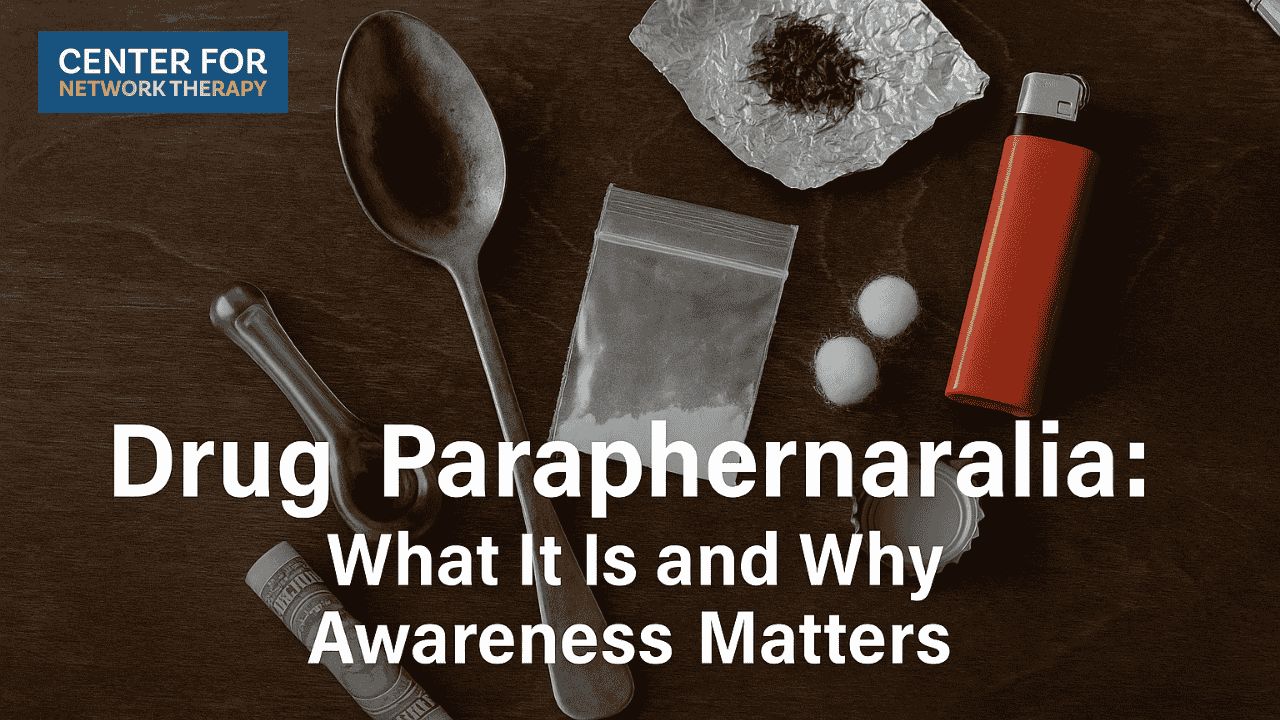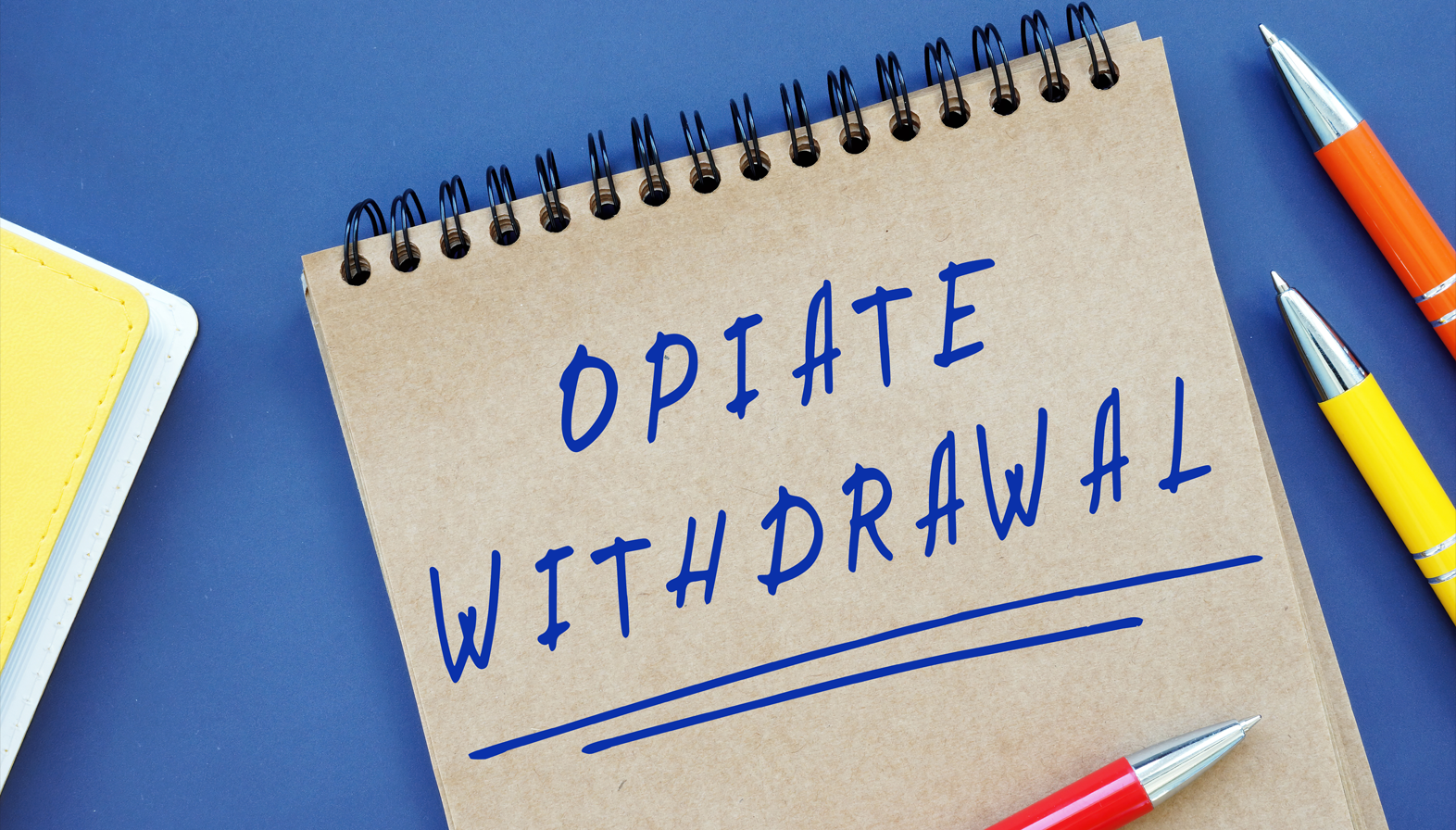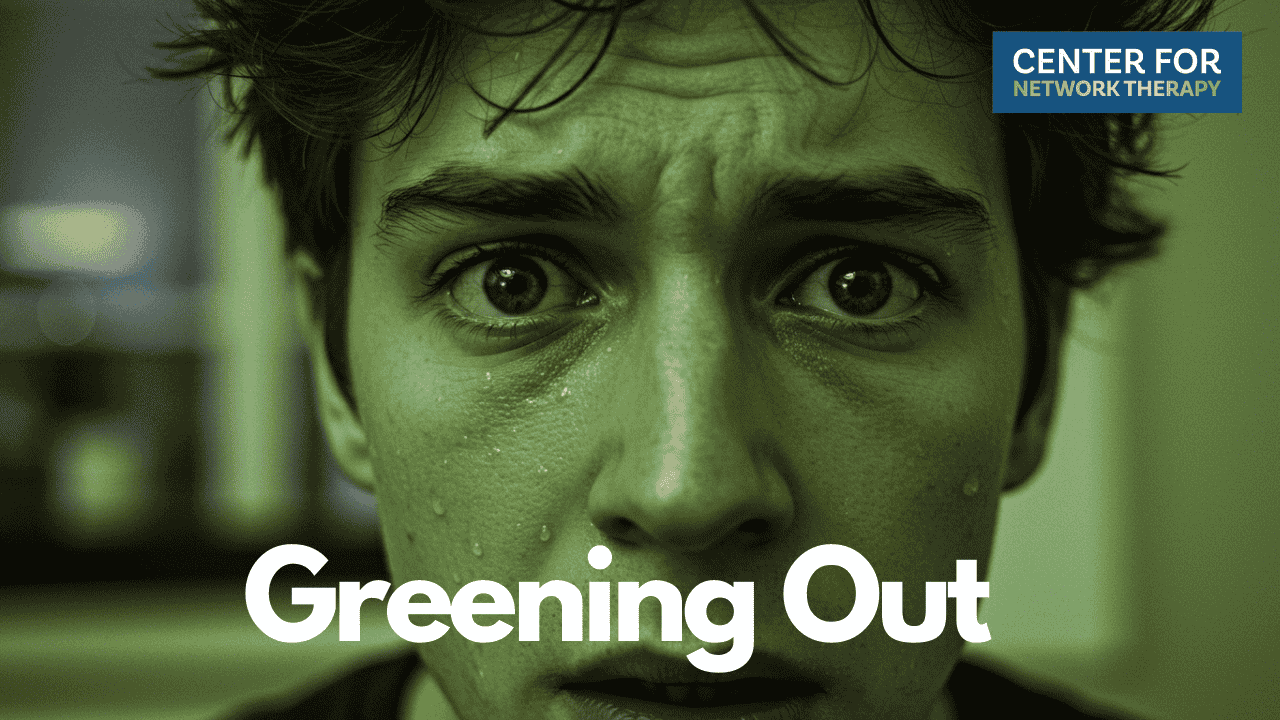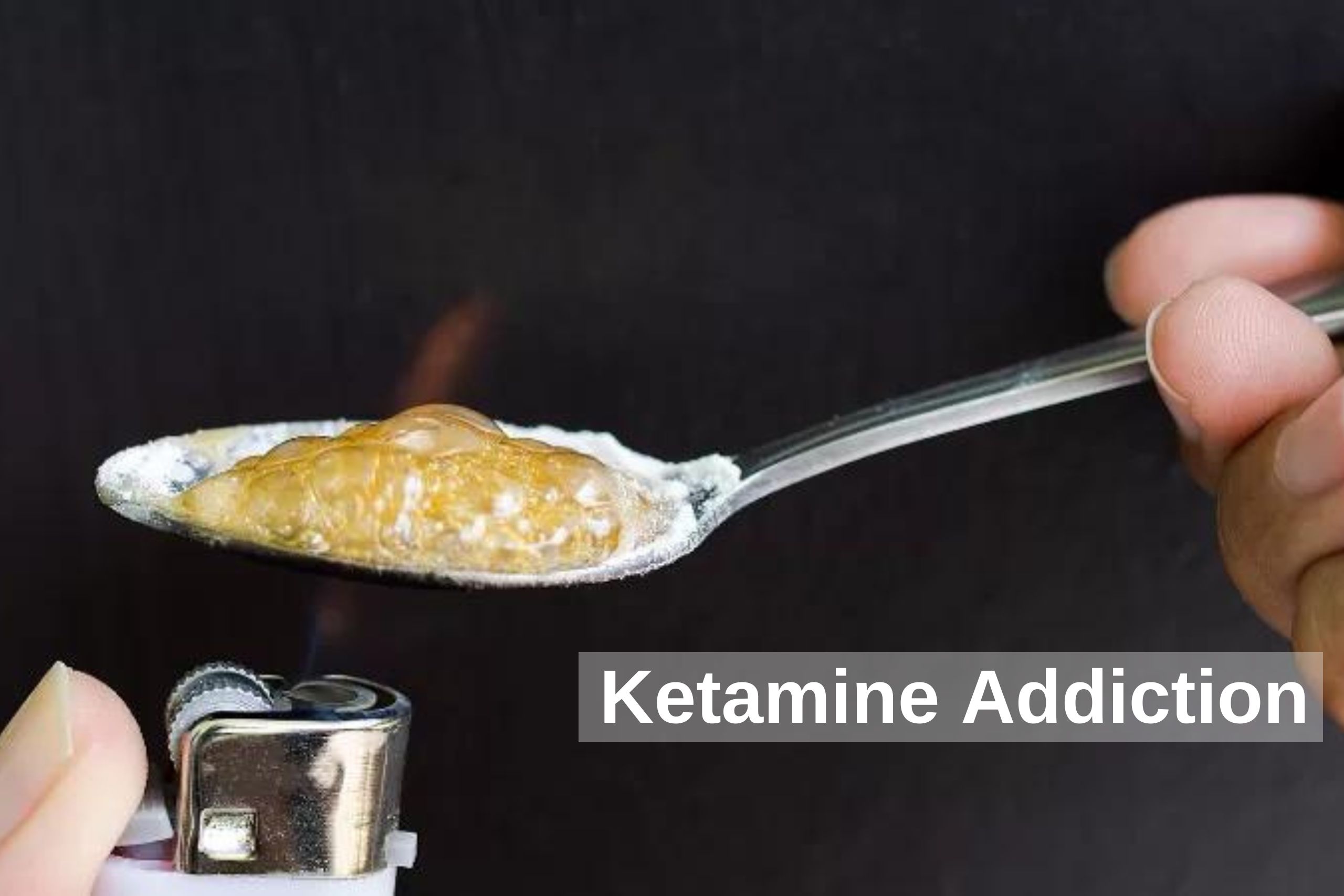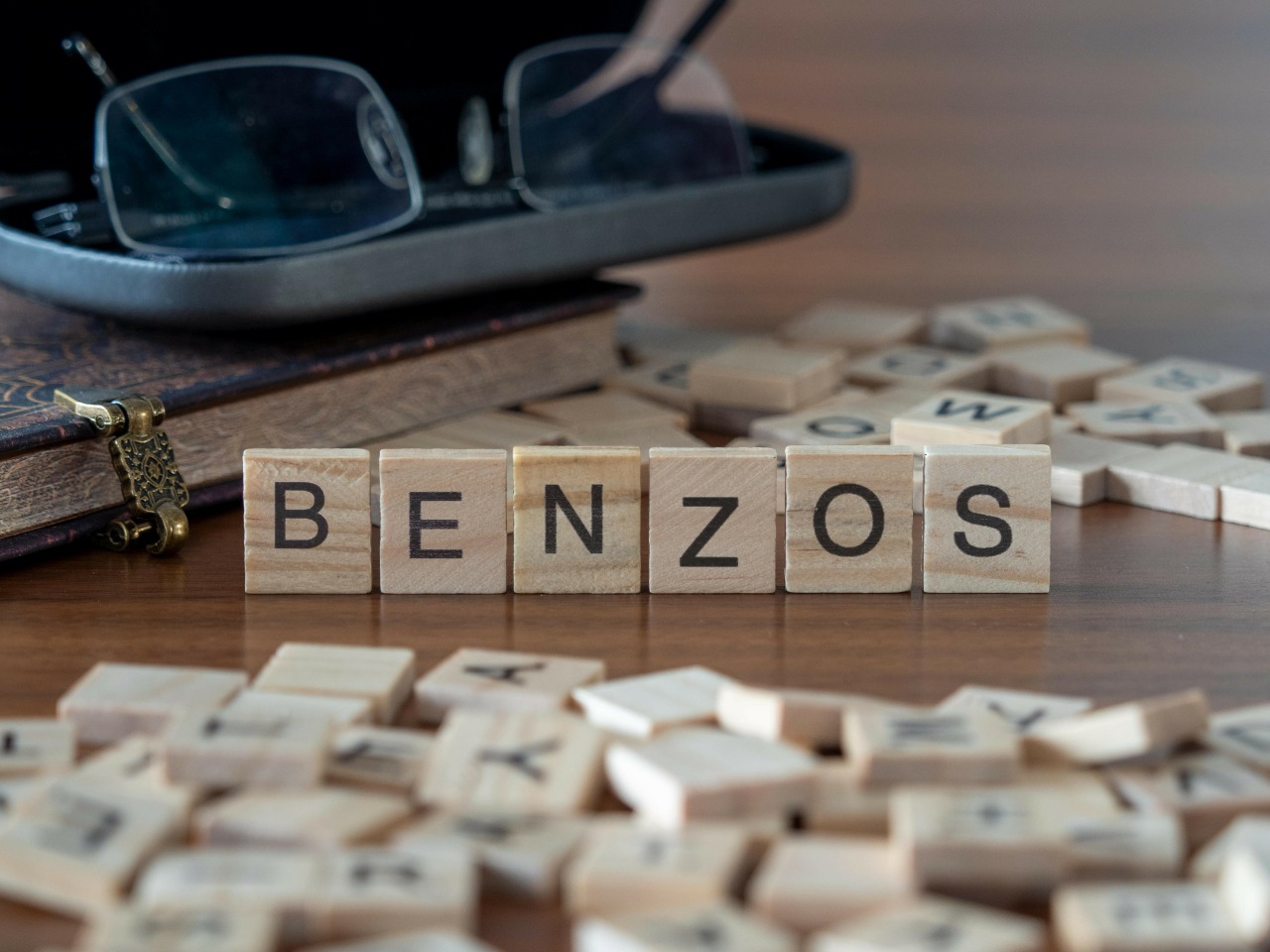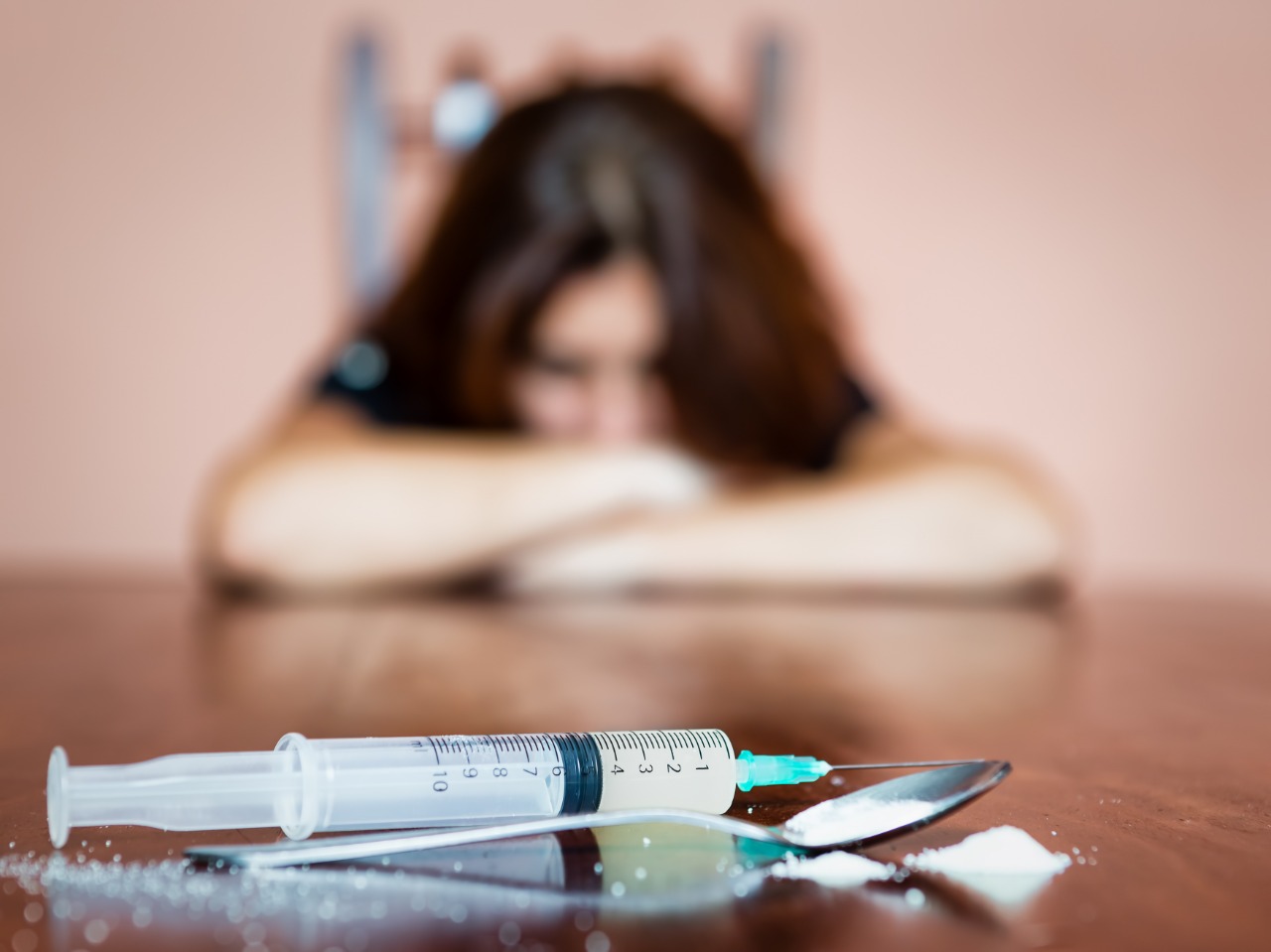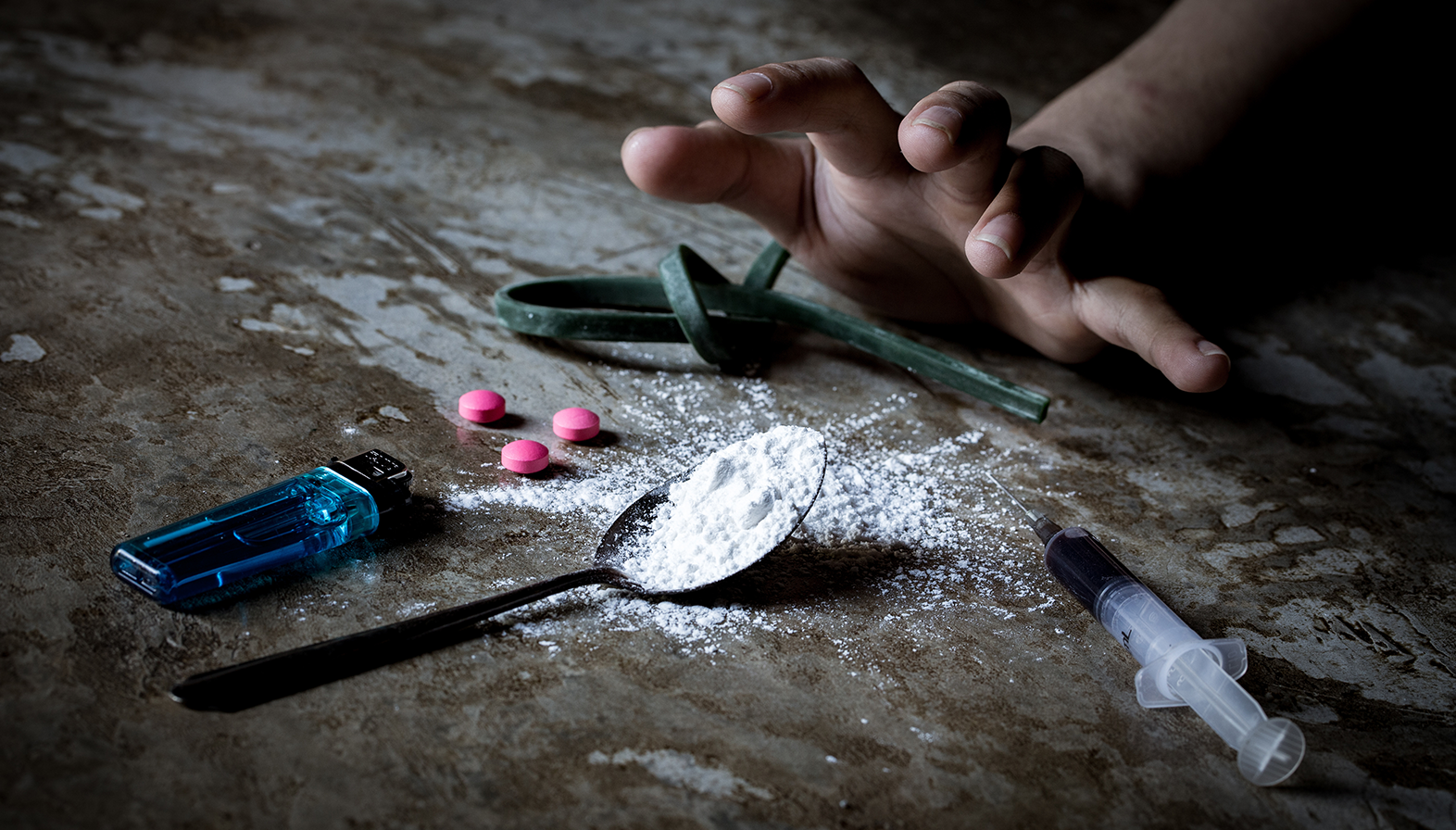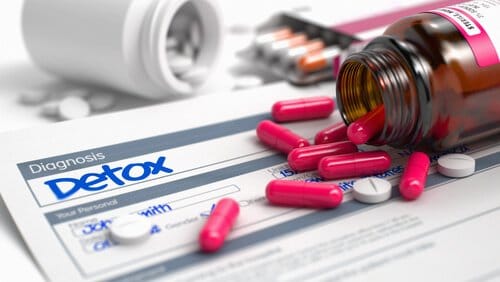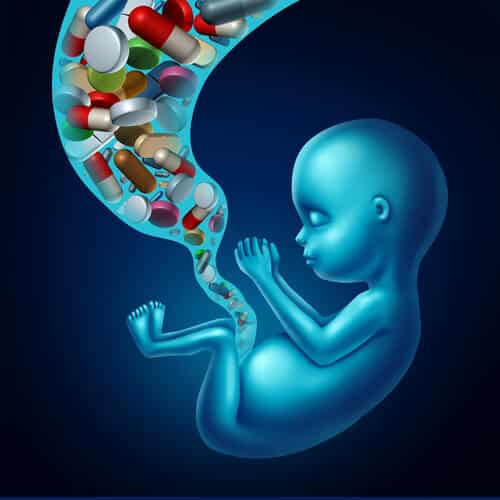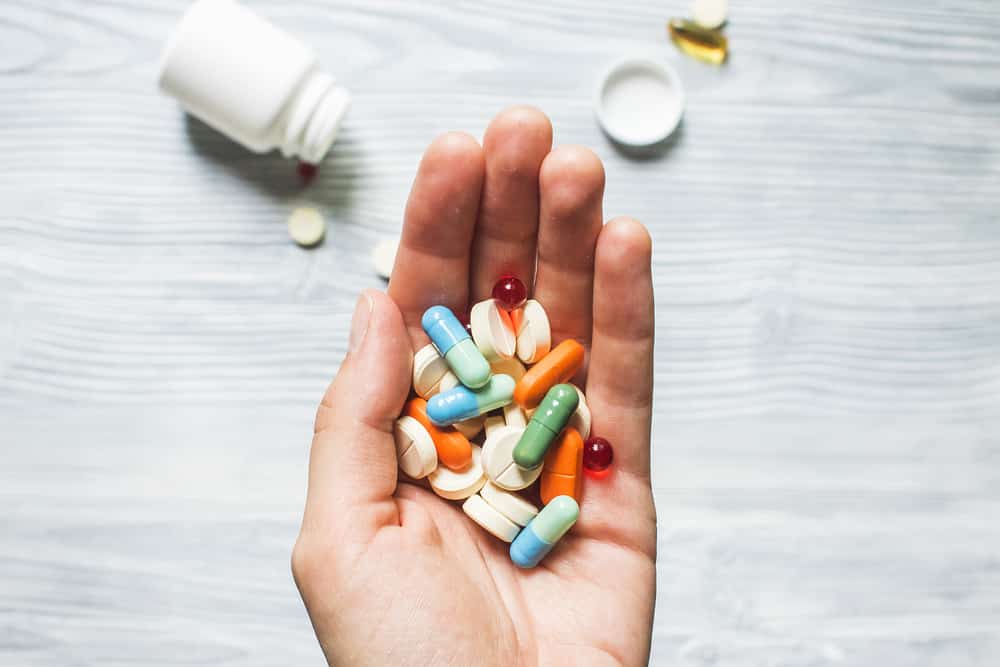Table of Contents
ToggleImpact of Ketamine Abuse:
Ketamine is an anaesthetic, primarily used by veterinarians. A few years back a medication named Spravato, which is essentially ketamine, was approved by the FDA to treat chronic depression that was resistant to other anti-depressants Similar to PCP, Ketamine is abused by humans for its hallucogenic properties. It is a favorite drug for sexual predators as it helps to incapacitate their potential victims. As per the U.S. Department of Justice, ketamine is primarily abused by teenagers and young adults in the 12-25 age range. This group accounted for 74% of emergency room mentions in 2000. Ketamine is popular in the rave and night club scene because of its low price, short duration of action and induction of powerful dissociative experiences.
Ketamine is available as a liquid or a white-ish powder on the streets. On the streets ketamine has various names: K, special K, cat Valium, Vitamin K, Kit Kat, or Green K. It can be mixed with beverages, smoked along with tobacco or marijuana, snorted or injected intramuscularly. Ketamine is a Schedule III controlled substance like codeine or anabolic steroids, which means that it has less abuse potential than Schedule I substances like heroin or Schedule II substances like cocaine.
When abused by humans, Ketamine causes distorted perception of sight and sound and makes users feel disconnected and out of control. Abusing Ketamine can impair an individual’s senses, judgement and coordination for upto 24 hours, although the drugs hallucinogenic affects last less than 90 minutes. Chronic abuse of ketamine could lead to physical or psychologic dependence on the drug. It can cause lasting issues, such as:
- Memory issues
- Depression
- Delirium
- Amnesia
- Impaired motor function
- High blood pressure
- Potentially fatal respiratory problems
- Risk of sexual assault
If you become addicted to ketamine or similar drugs, you would be better off seeking professional help in order to avoid or minimize ketamine withdrawal. Ketamine abuse can also cause stomach pain and liver problems.
Stages of Ketamine Addiction:
Addiction to Ketamine Happens in Three Steps:
- Binge/Intoxication Stage: At first, it feels good to use ketamine, but after a while, you might want it more than the things that used to make you happy.
- Withdrawal/Negative Affect Stage: Now, you need ketamine just to avoid ketamine withdrawal symptoms.
- Preoccupation/Anticipation Stage: You start craving ketamine and are pre-occupied with obtaining it, despite negative consequences.
Signs of being addicted to ketamine include not being able to quit using it even when it causes problems. This doesn’t just affect the person using ketamine; it also hurts their relationships with family and friends, causing friction and isolation.
Questions to help you figure out if you might have a problem with ketamine:
- Do you get angry or feel guilty when someone talks to you about your drug use?
- Have you tried to stop using ketamine or use less of it, but have not been successful?
- Do you need more and more ketamine to achieve the same high?
- Have you stopped doing things you used to enjoy, like hobbies, sports or spending time with loved ones, because of ketamine?
- Have you hurt yourself physical but felt no pain because of ketamine in your system?
- Have you stolen ketamine or stolen money to obtain Ketamine?
- Do you feel like you’re invincible and don’t need to follow the rules when using ketamine?
Getting help for ketamine addiction and ketamine withdrawal:
If you are worried about being addicted to ketamine, there is help available. Licensed addiction treatment centers such as the Center for Network Therapy, can help you overcome your addiction to ketamine by effectively addressing ketamine withdrawal symptoms while building up sobriety skills. The trained staff at these addiction treatment facilities can provide tailored treatment plans, starting with Ketamine detoxification to address your addiction. Being open and honest about your situation can help you access effective care without delay.
Addiction to ketamine is treatable, but you need to make the first call!




